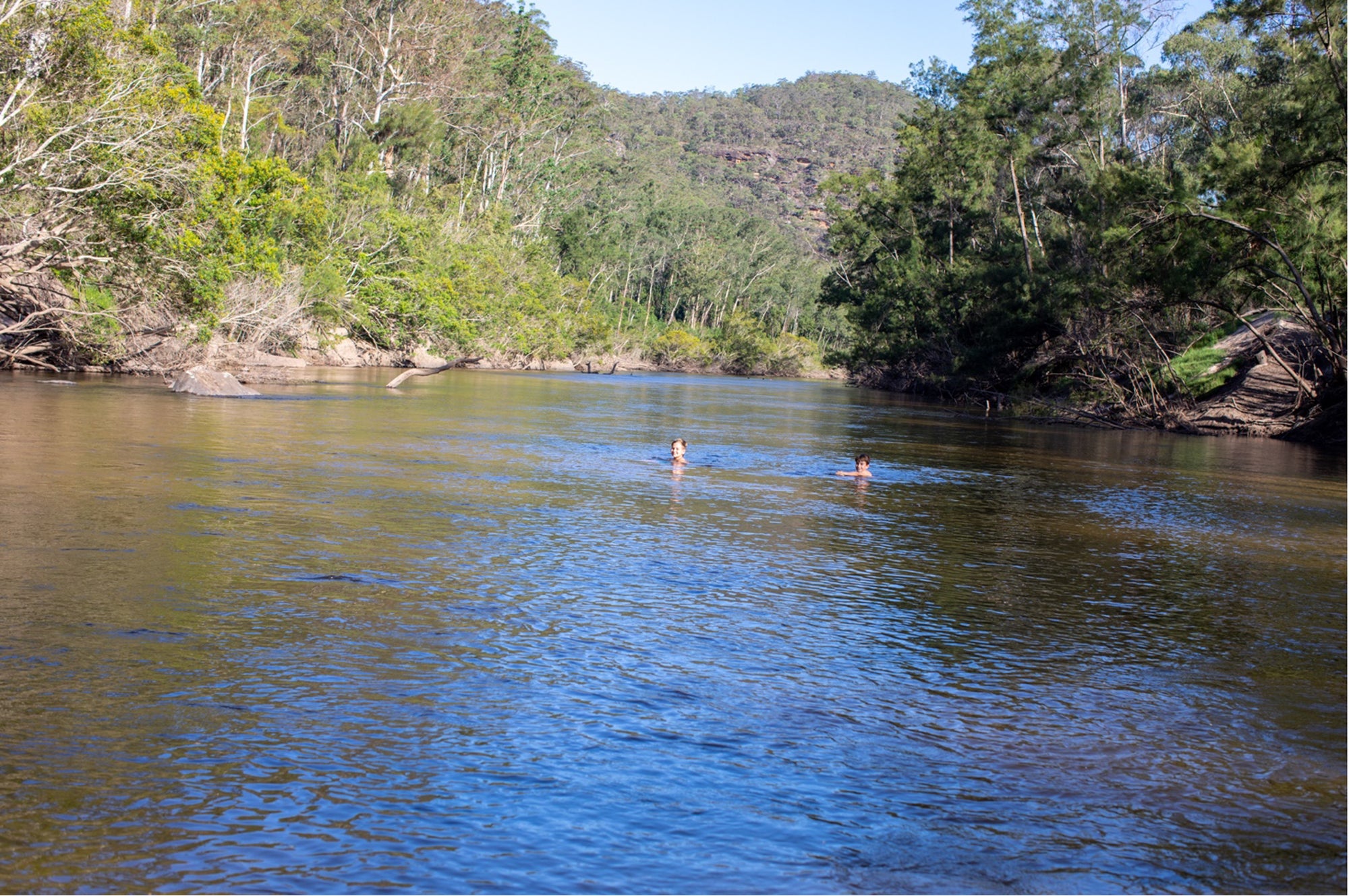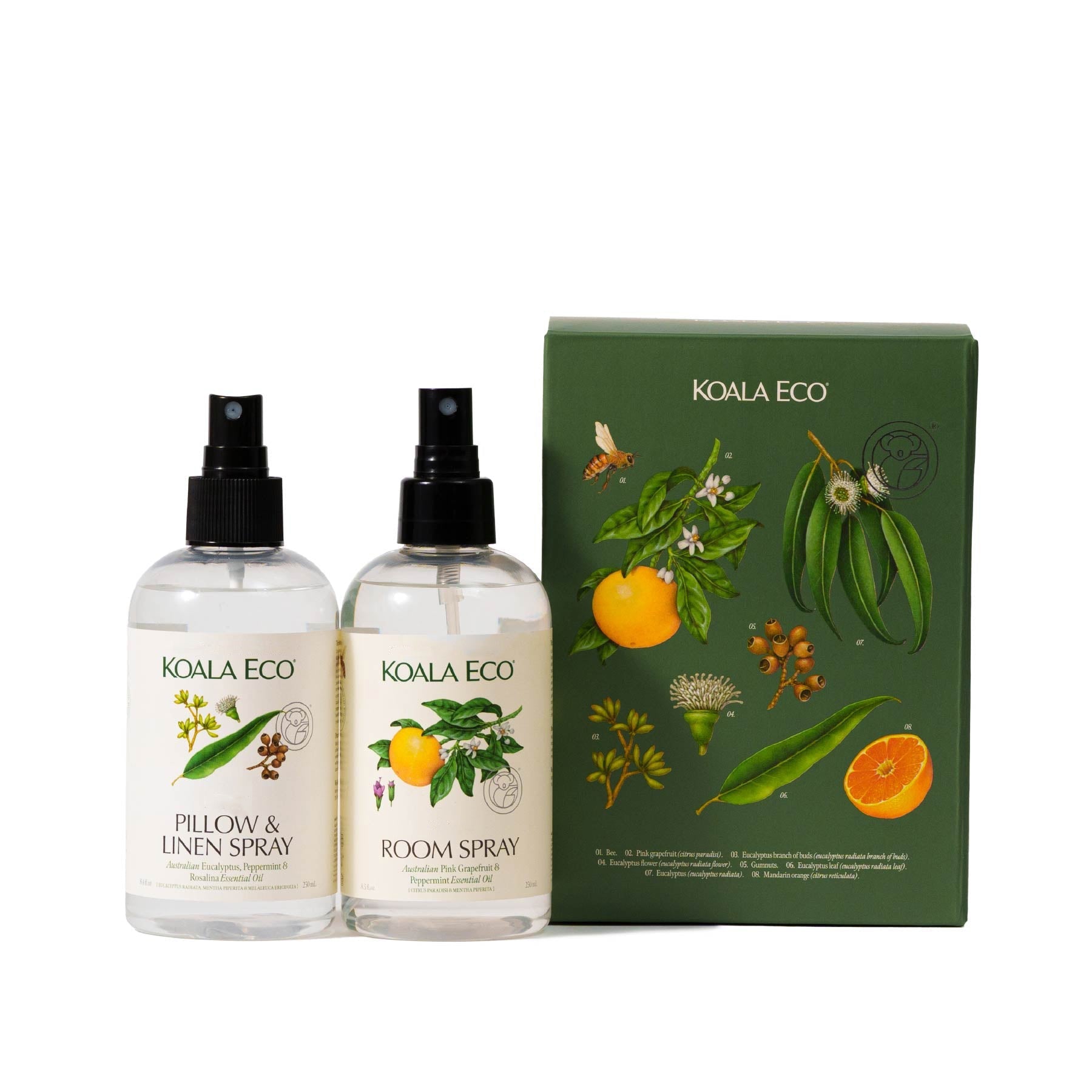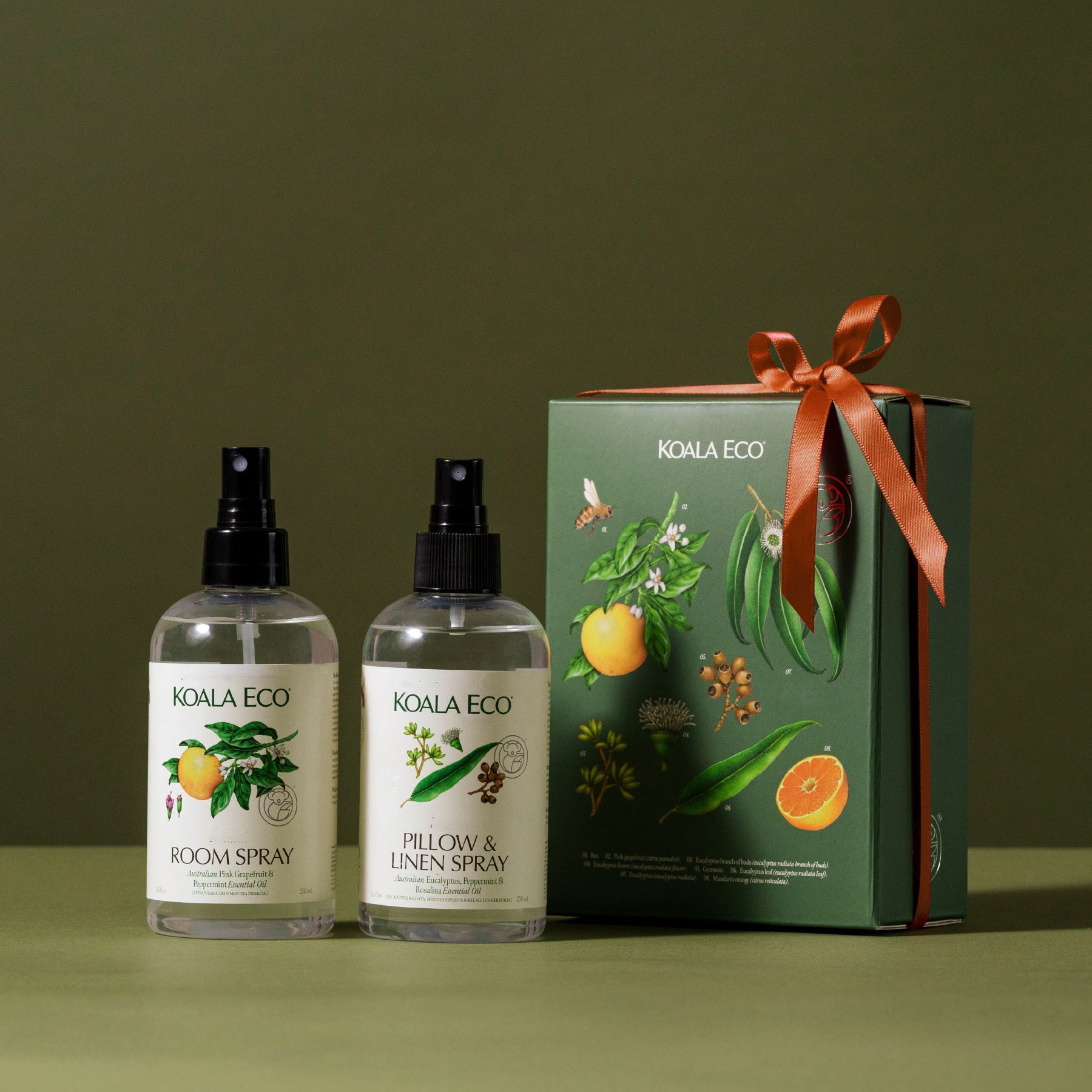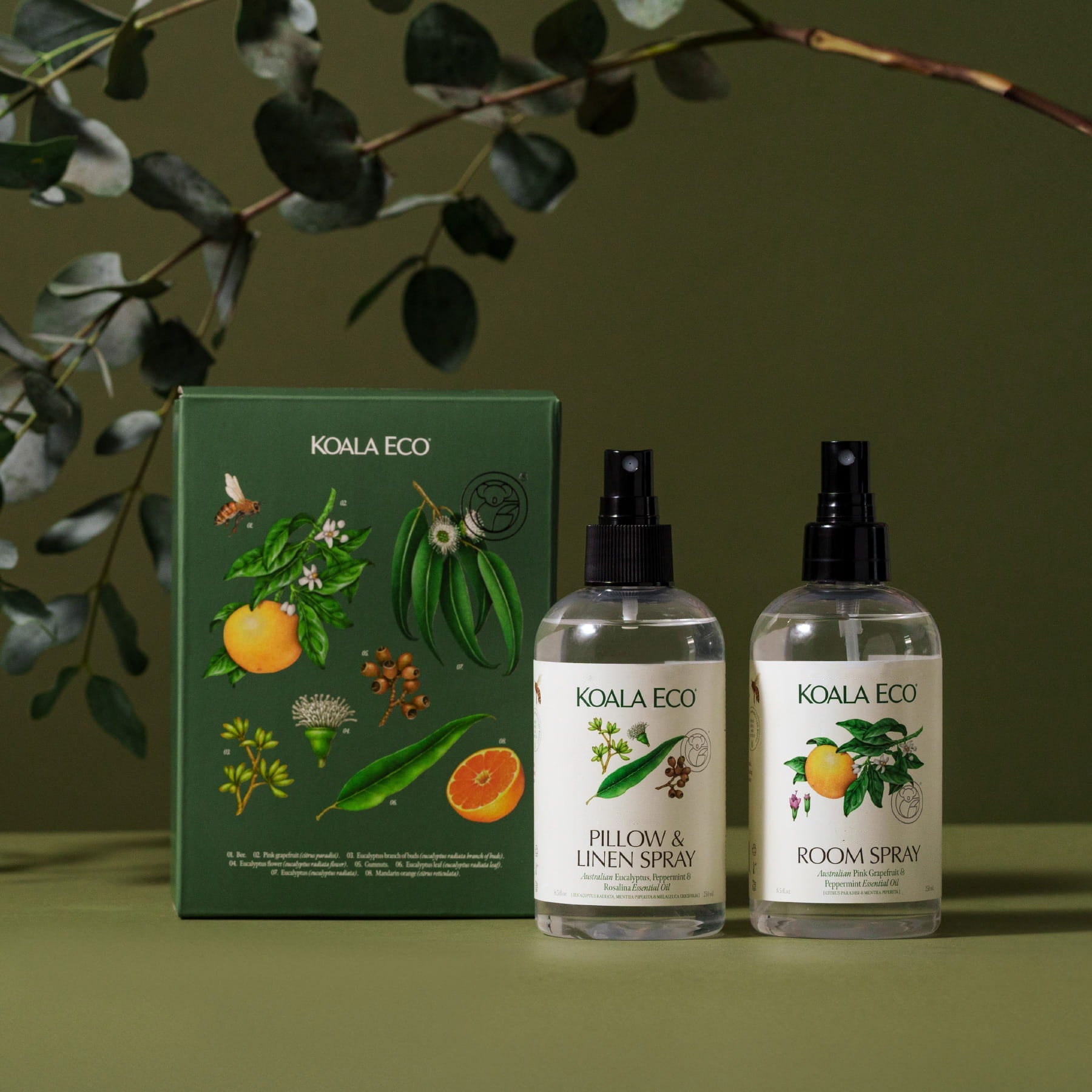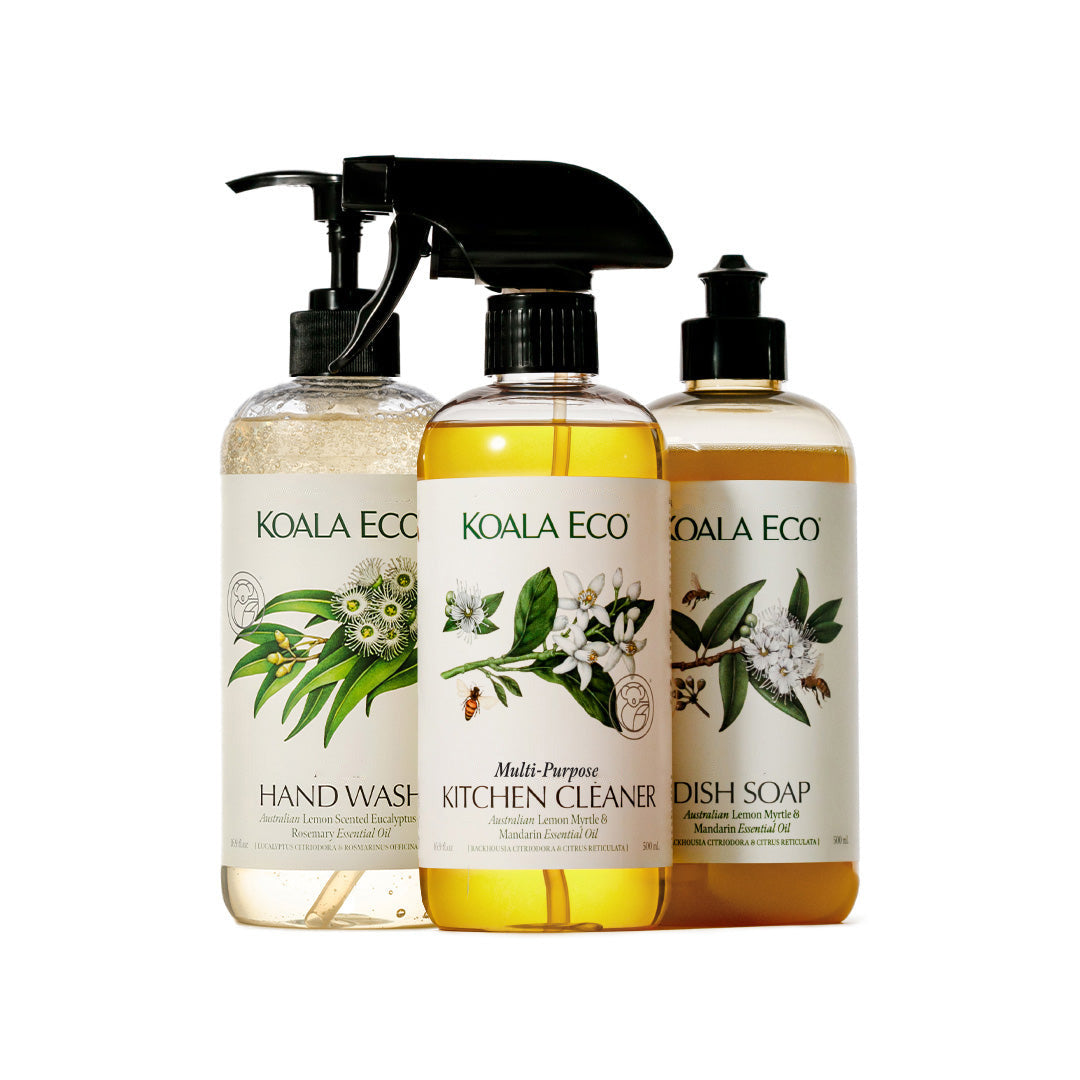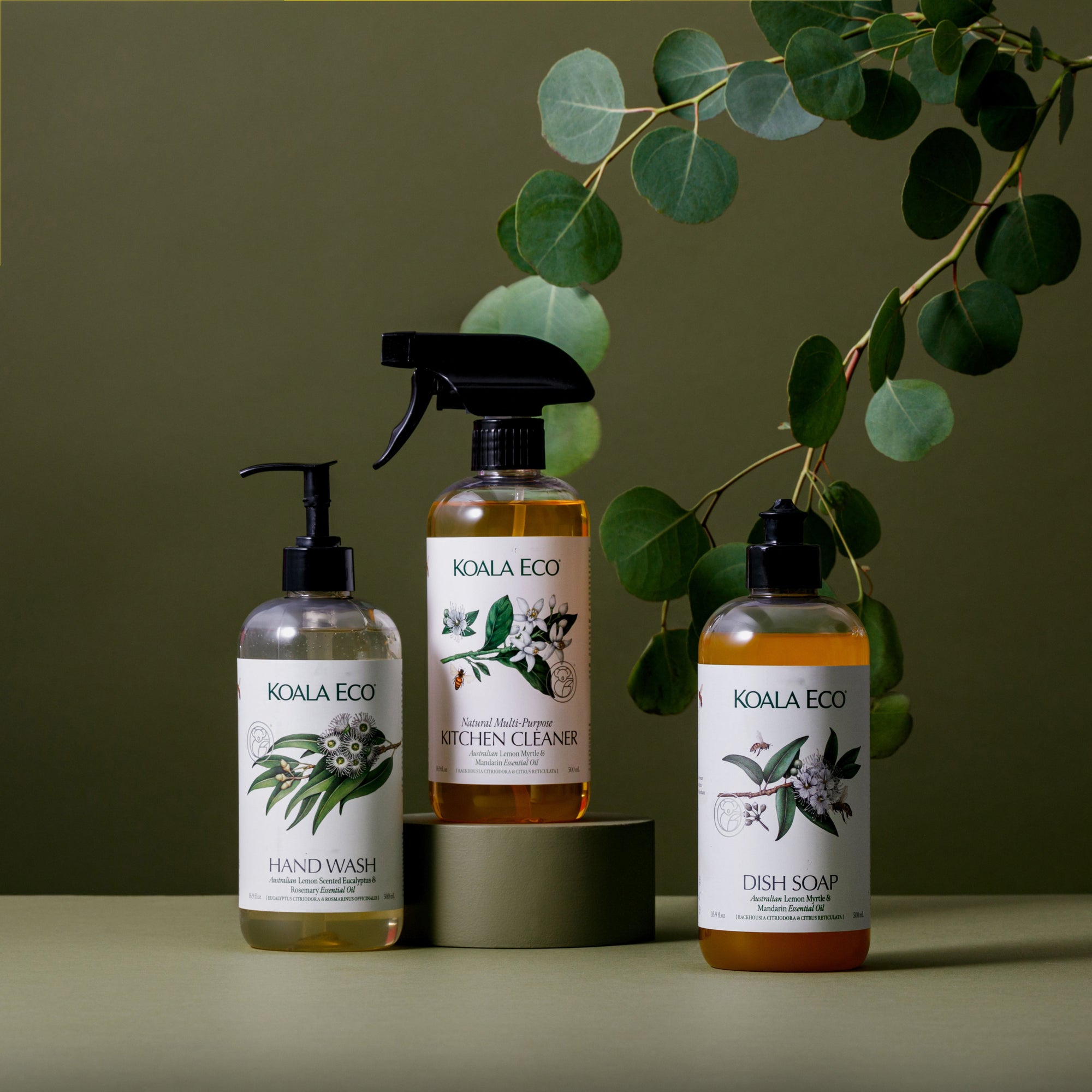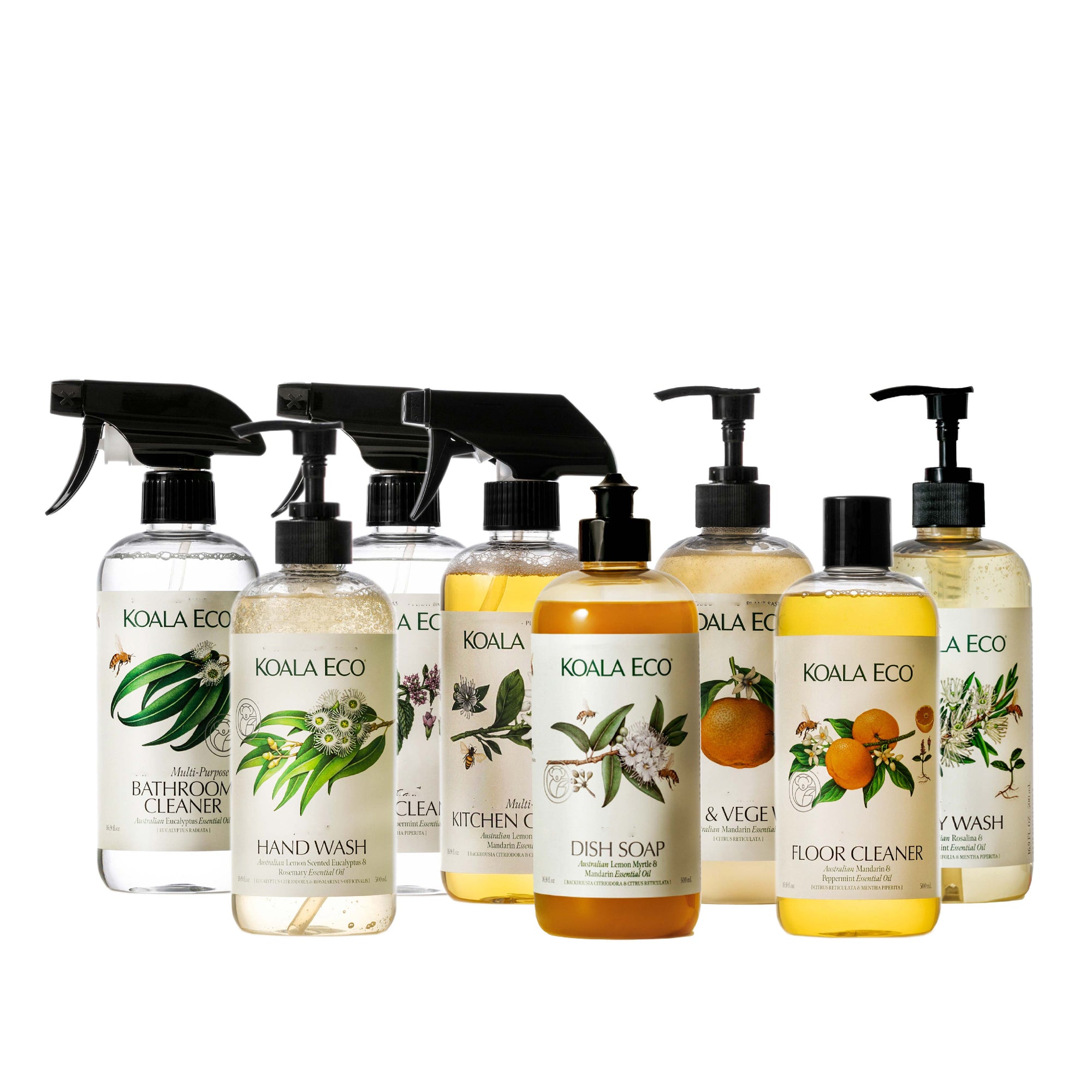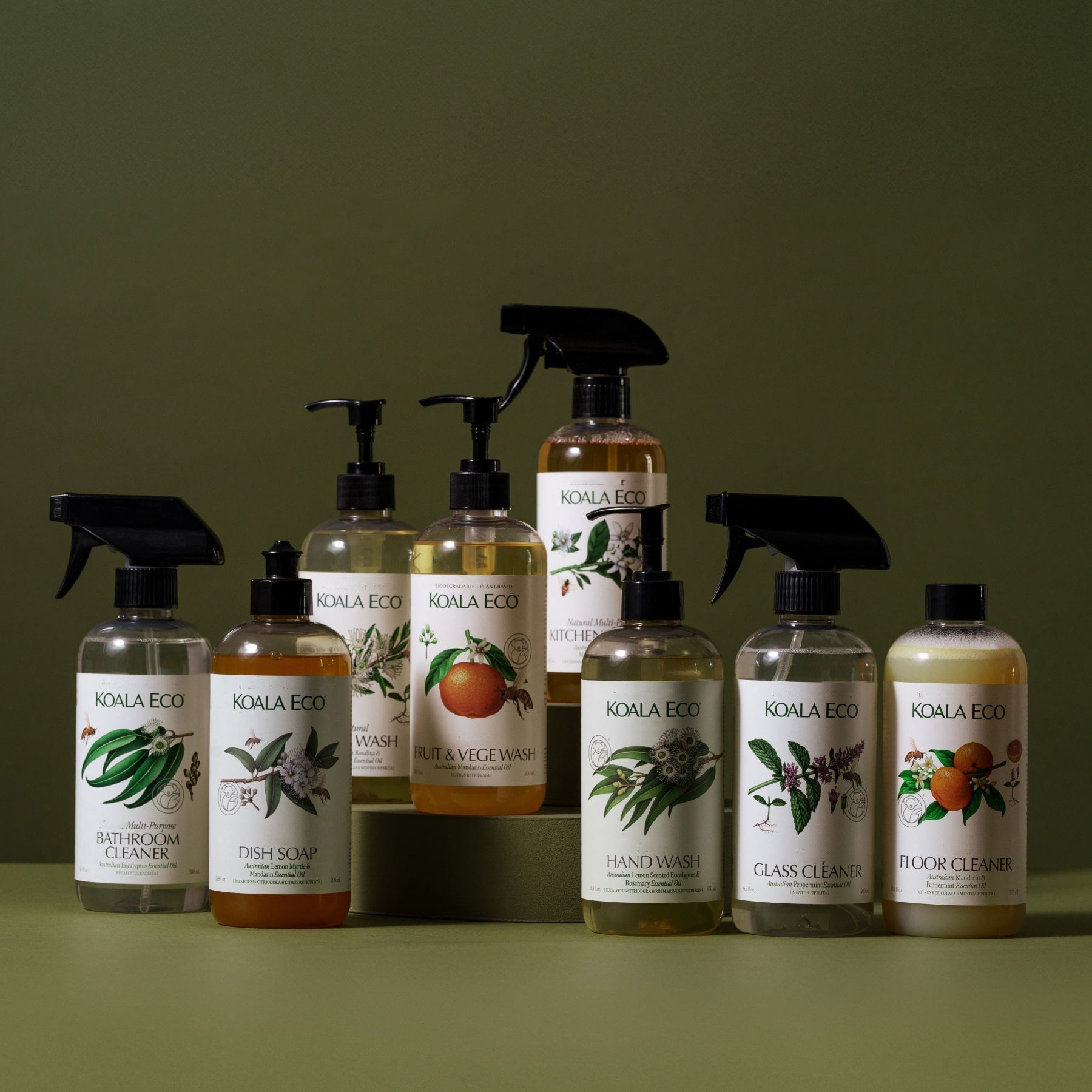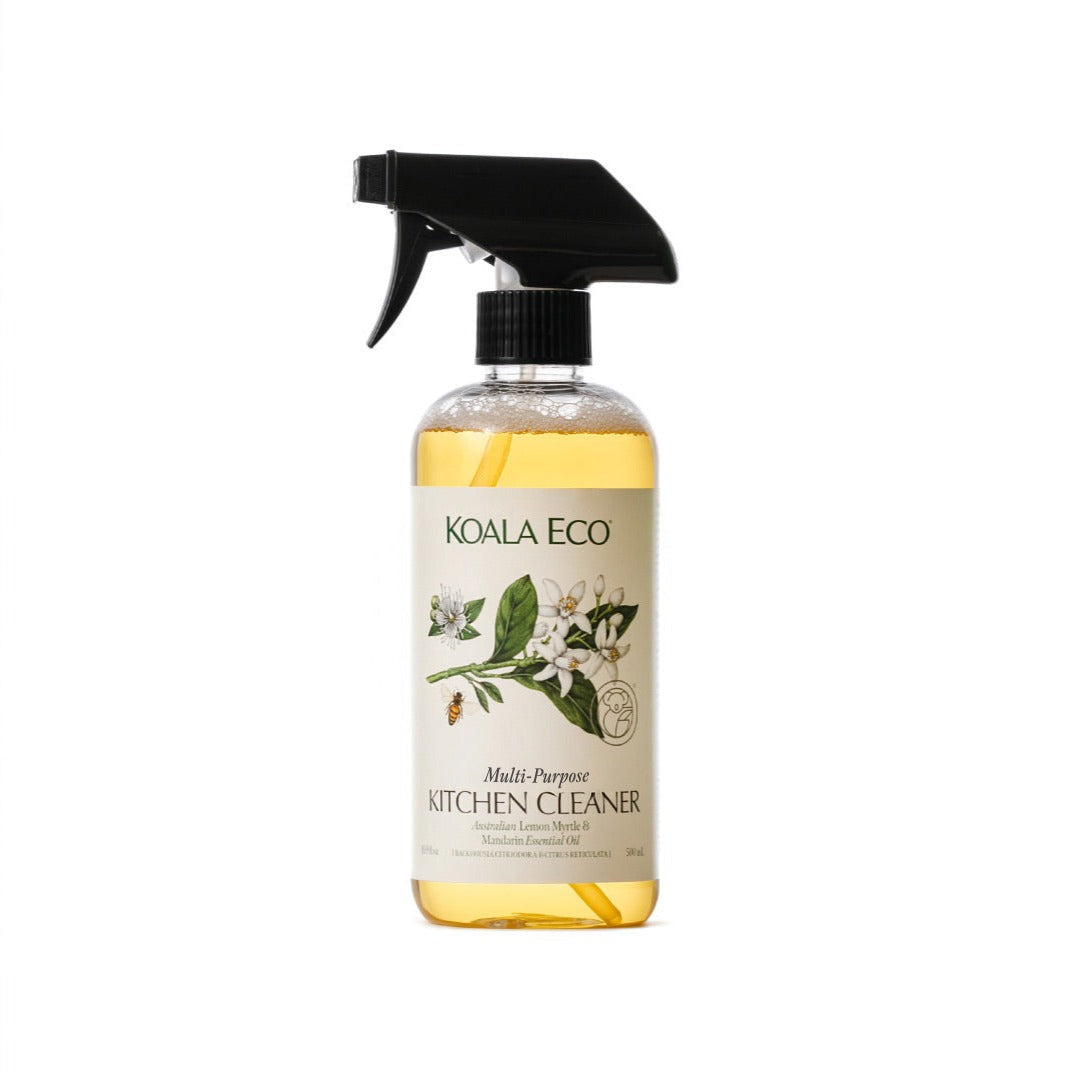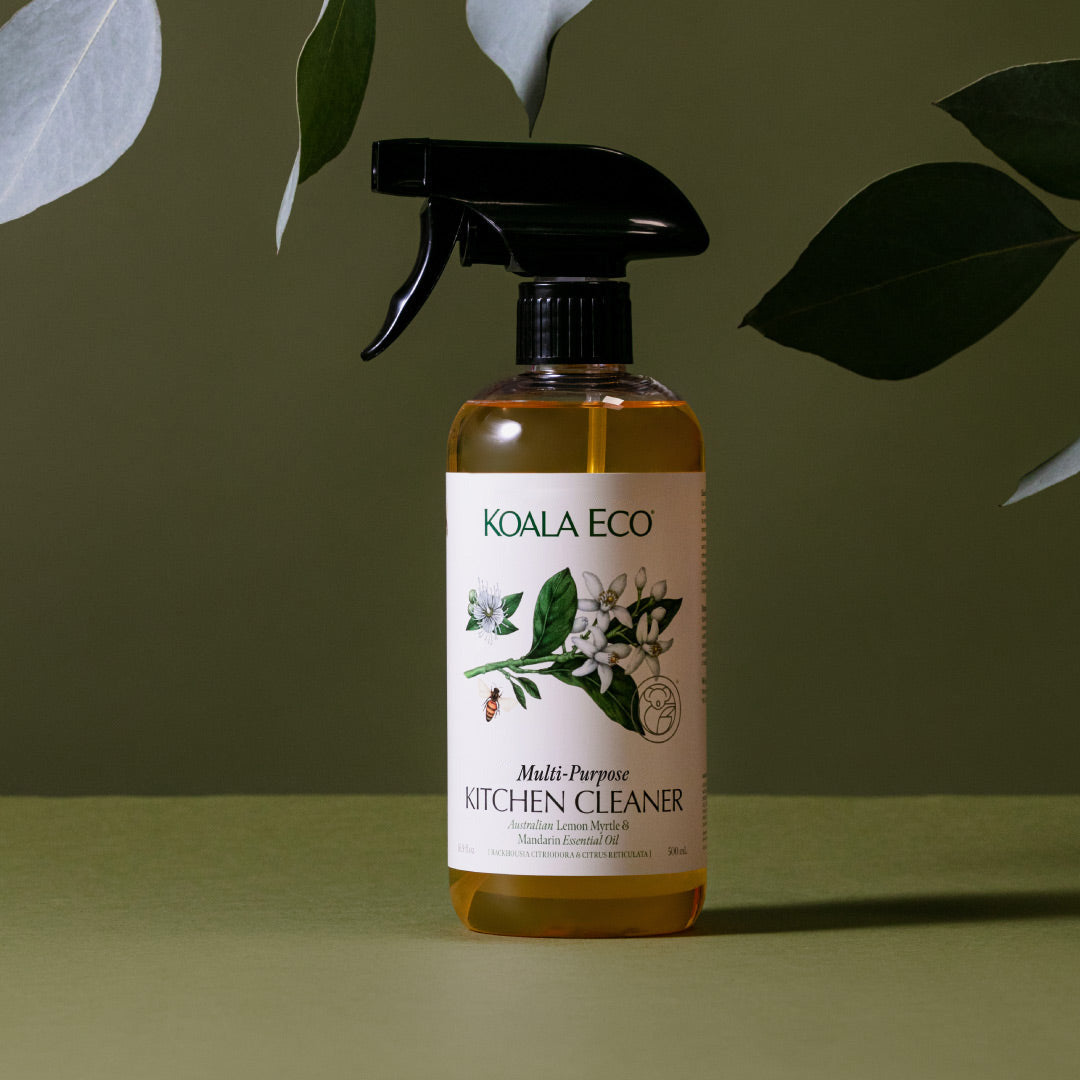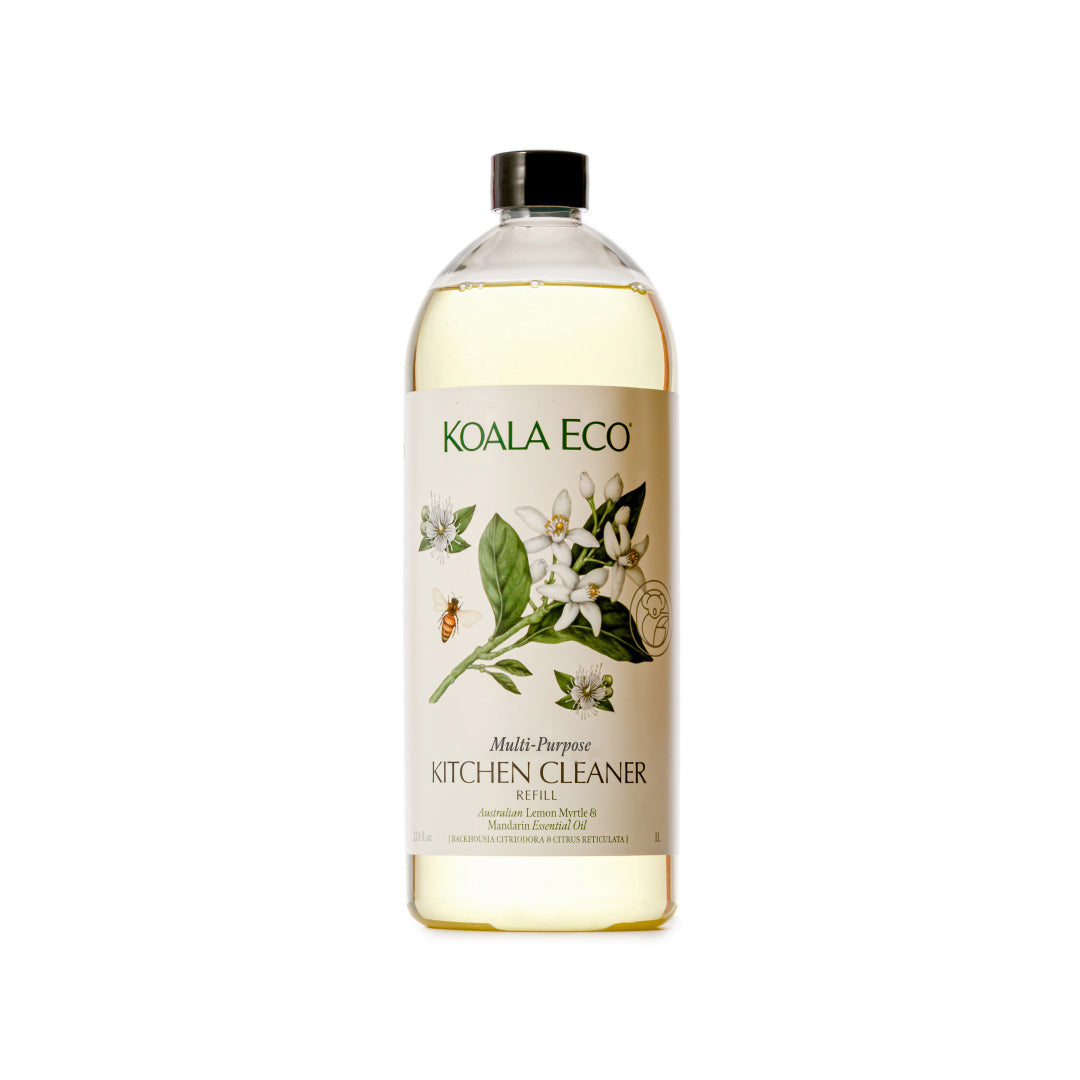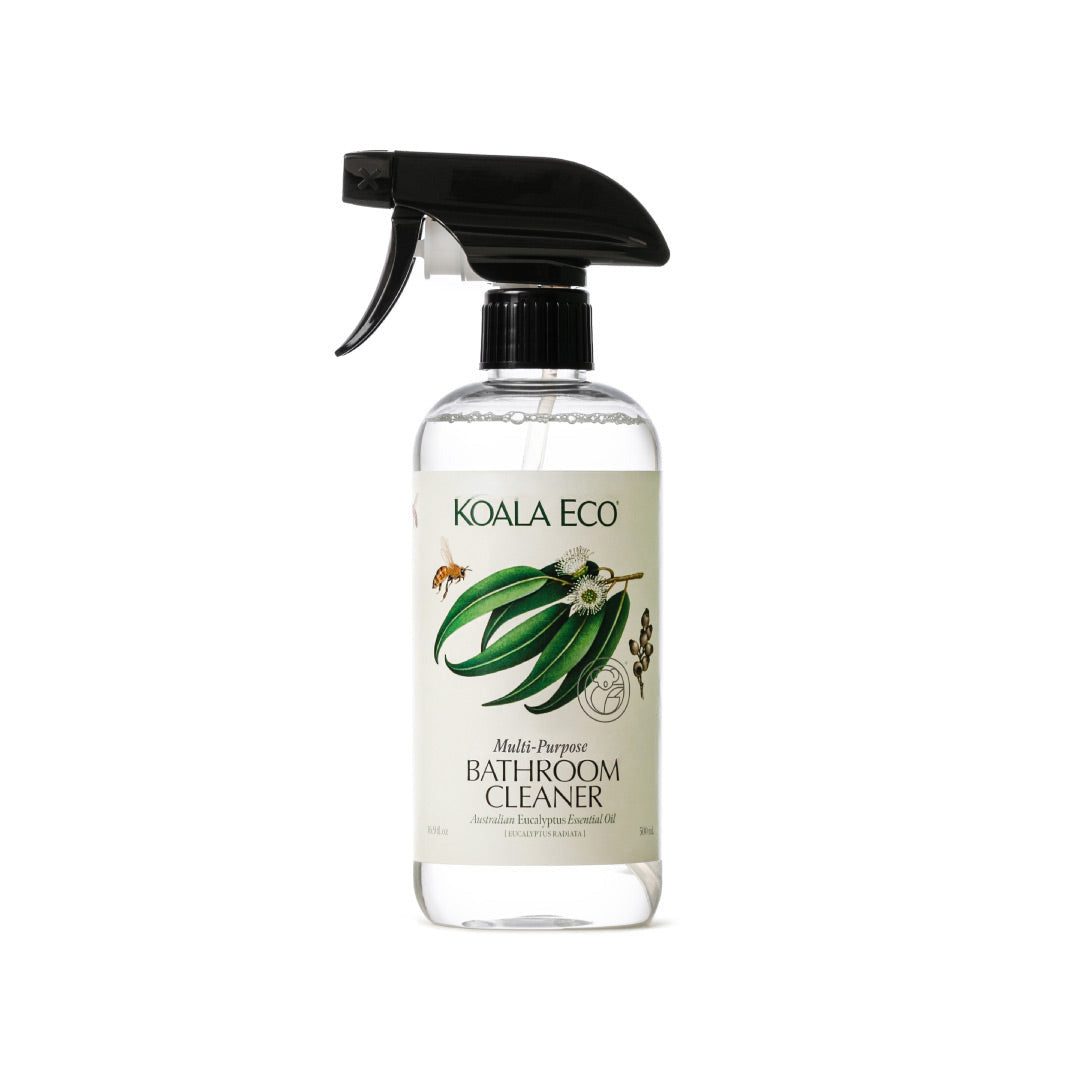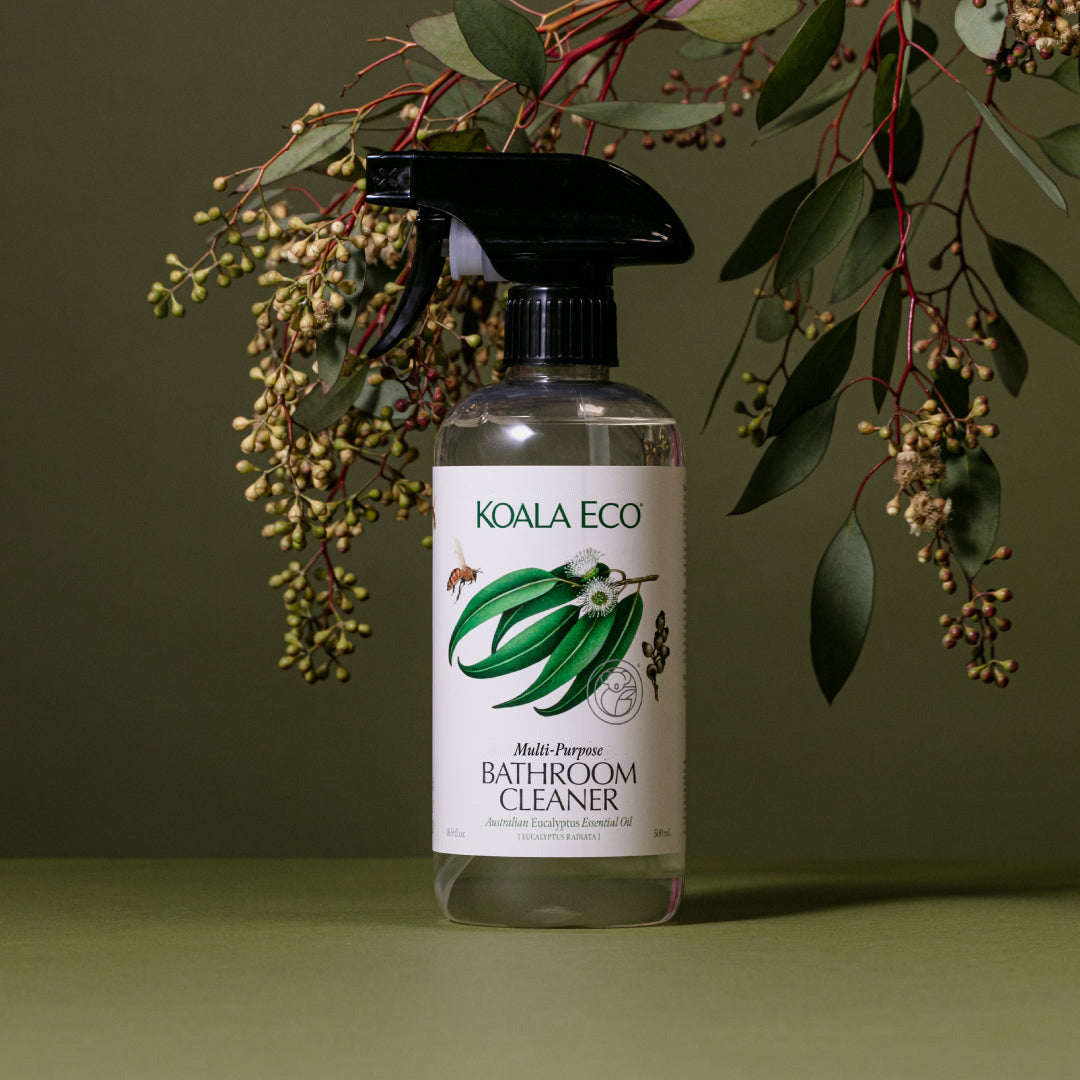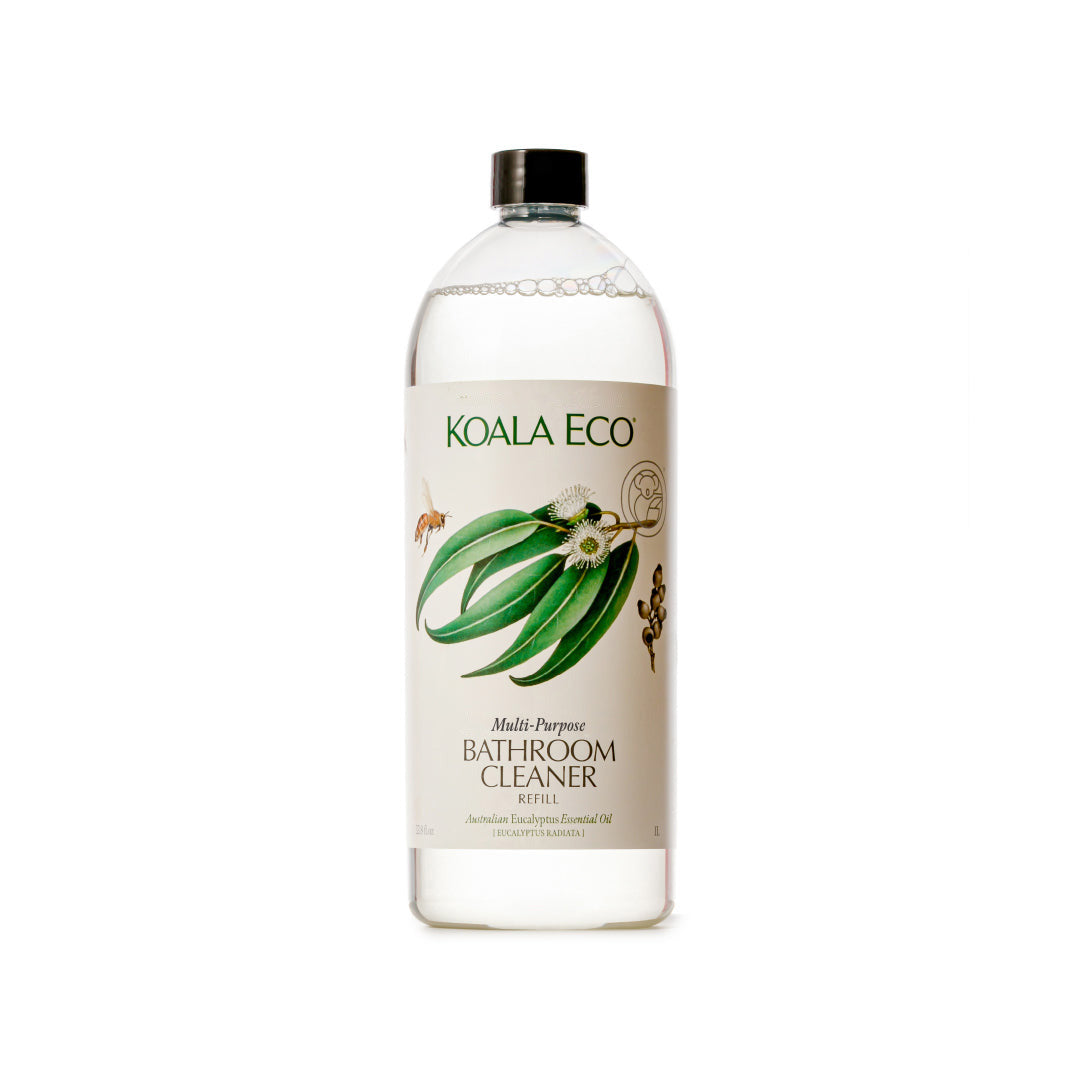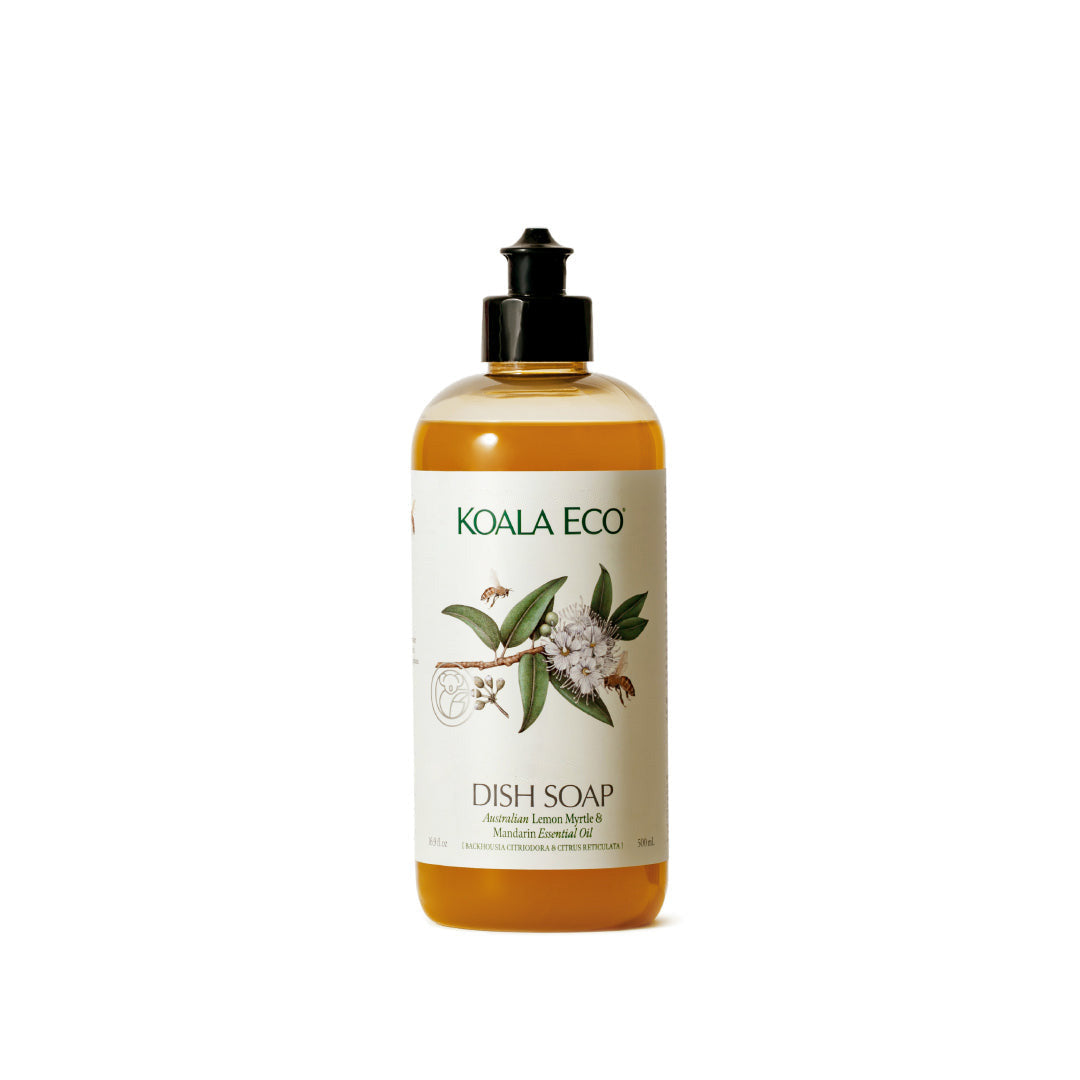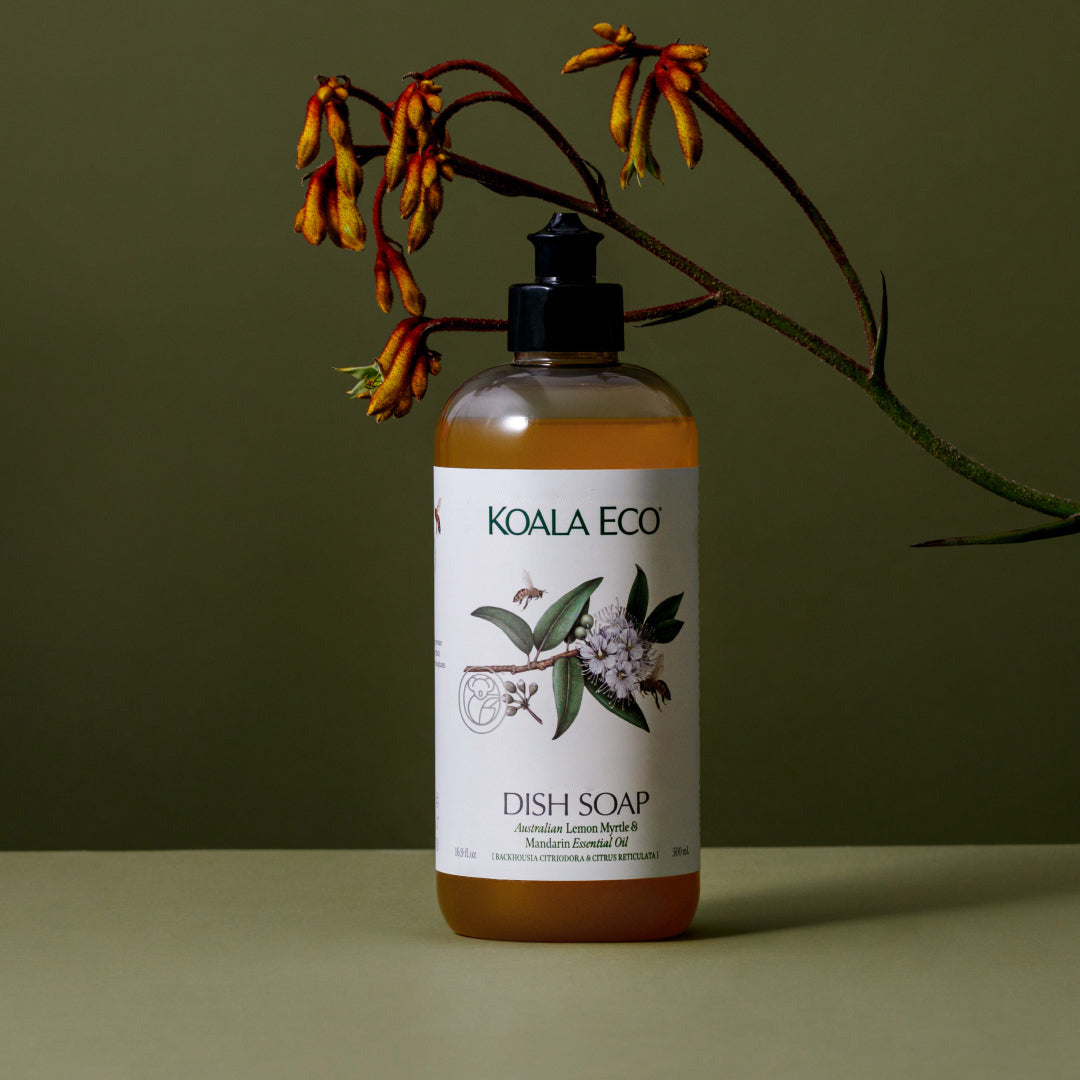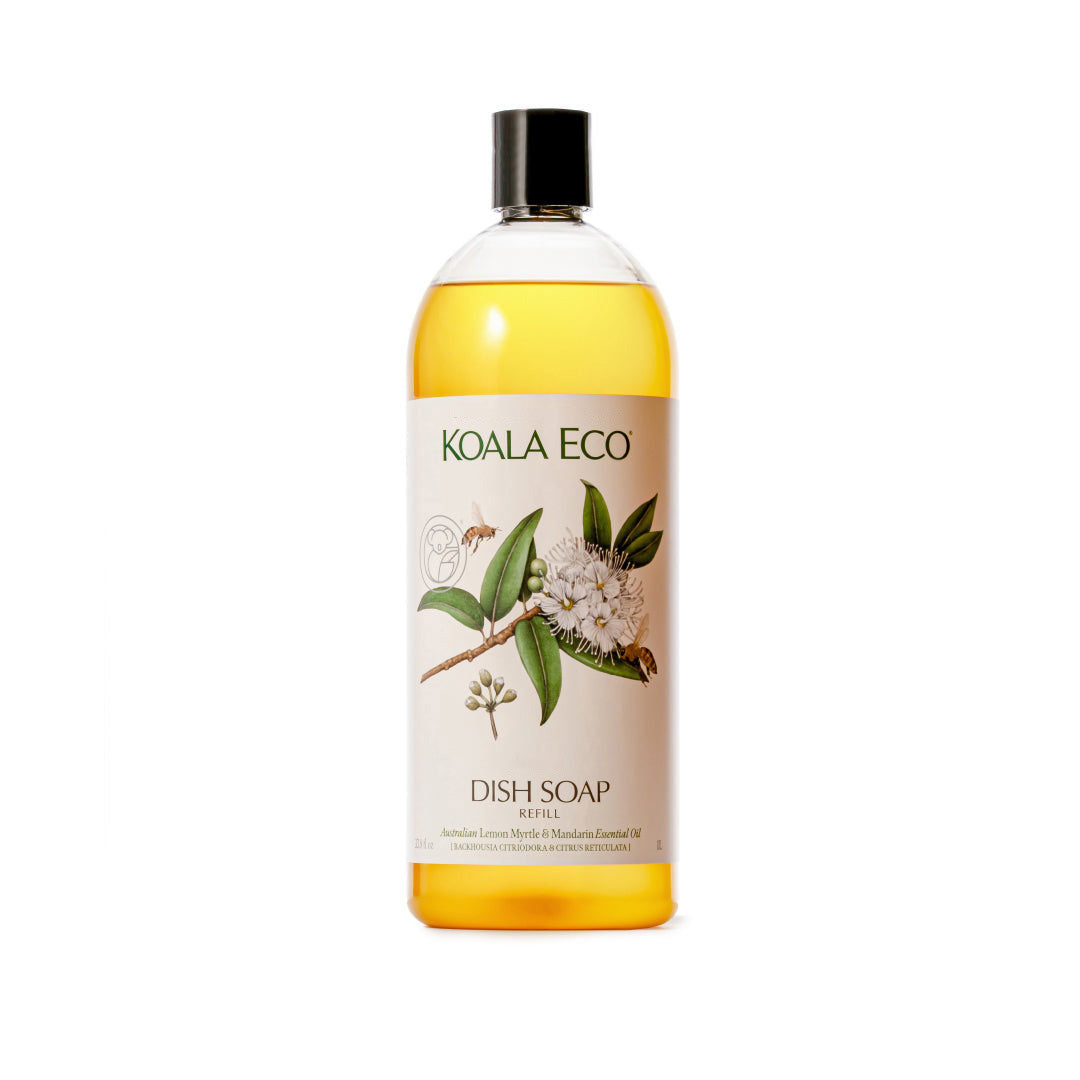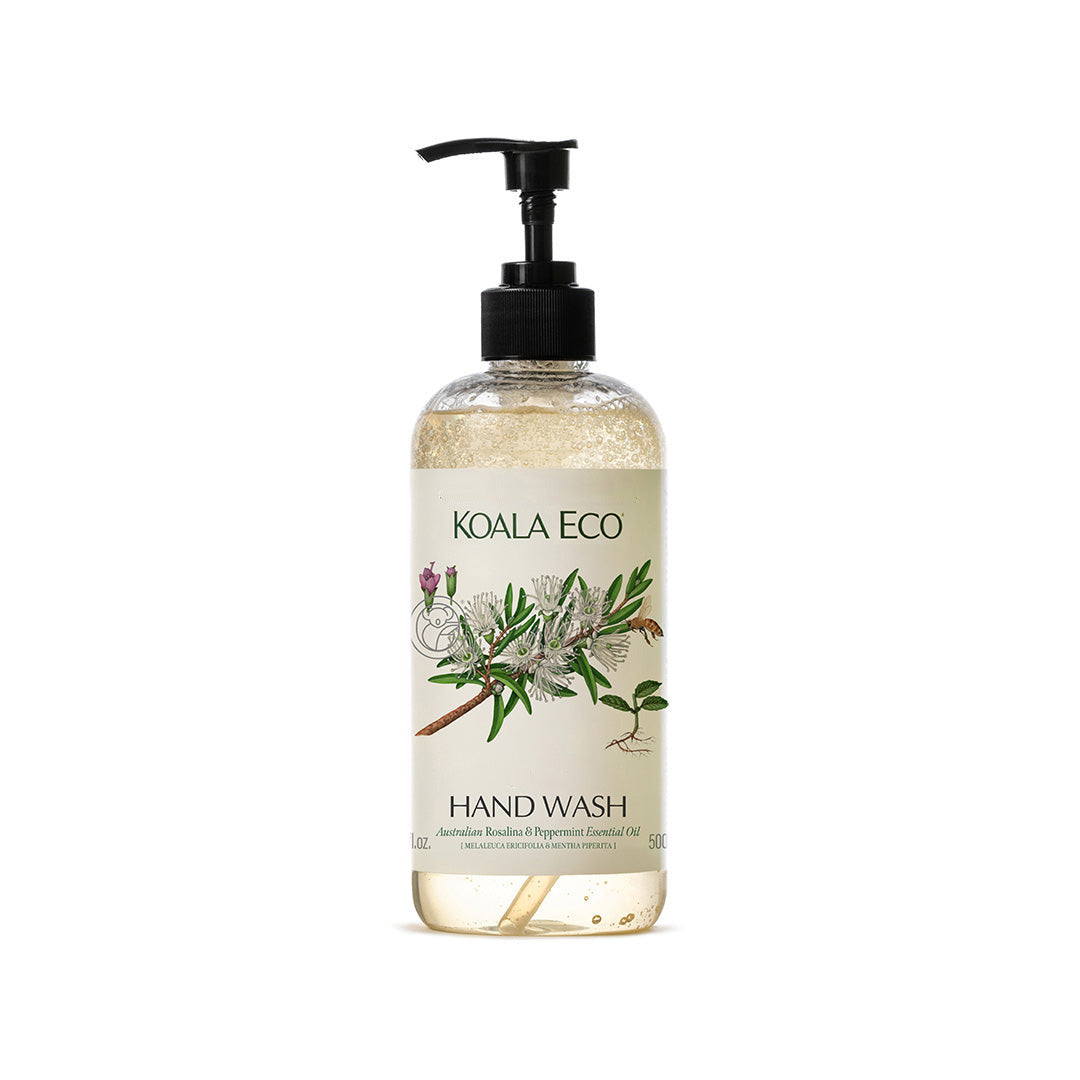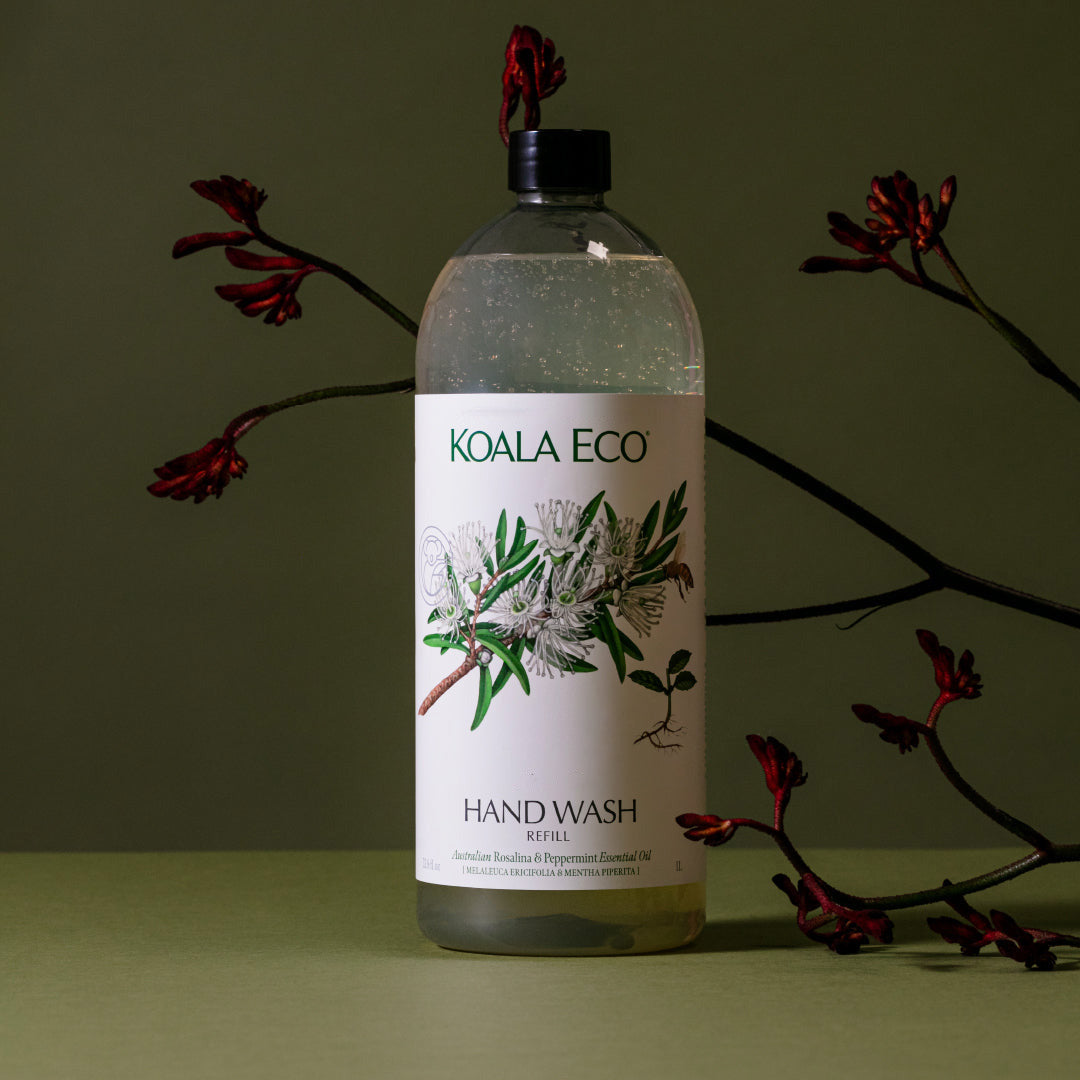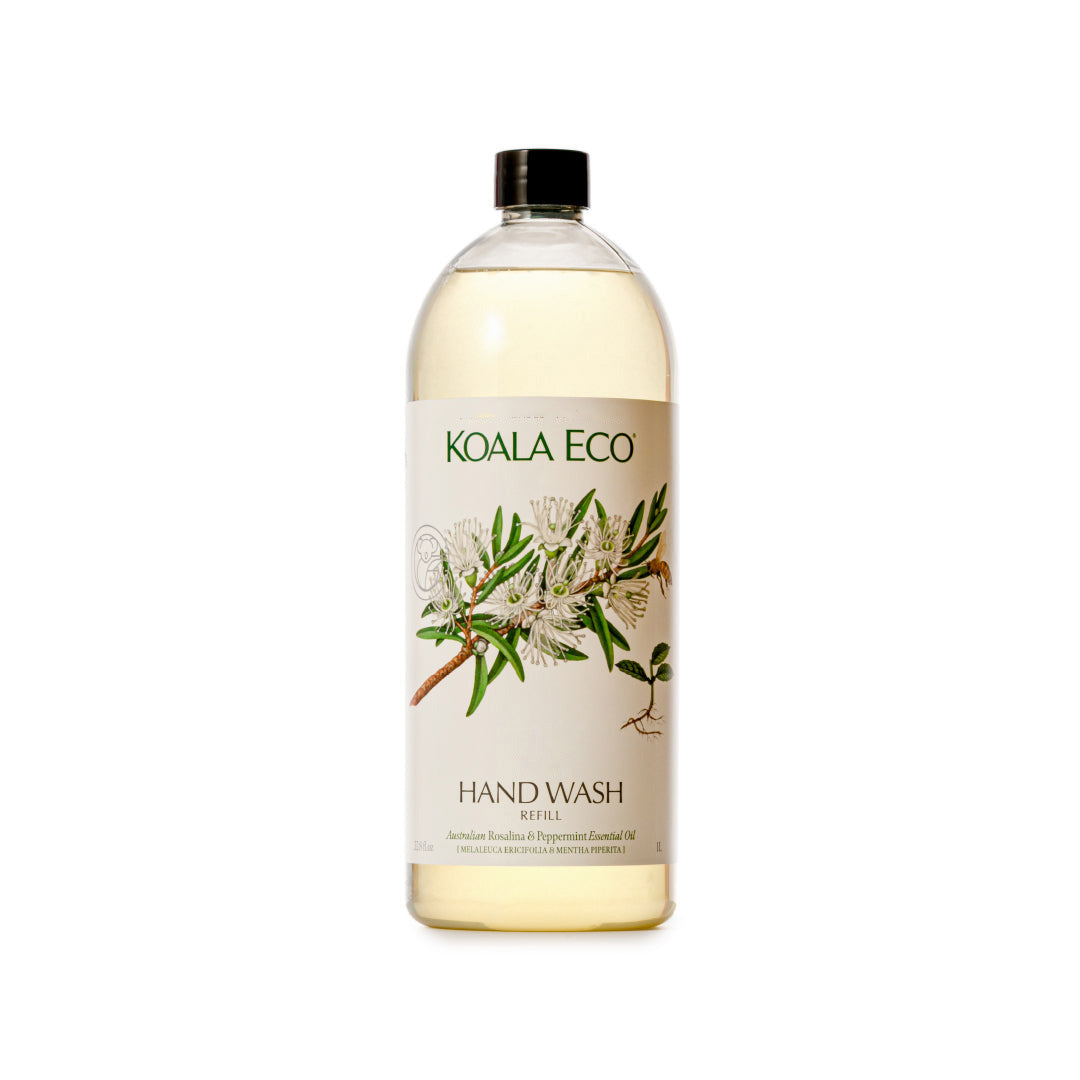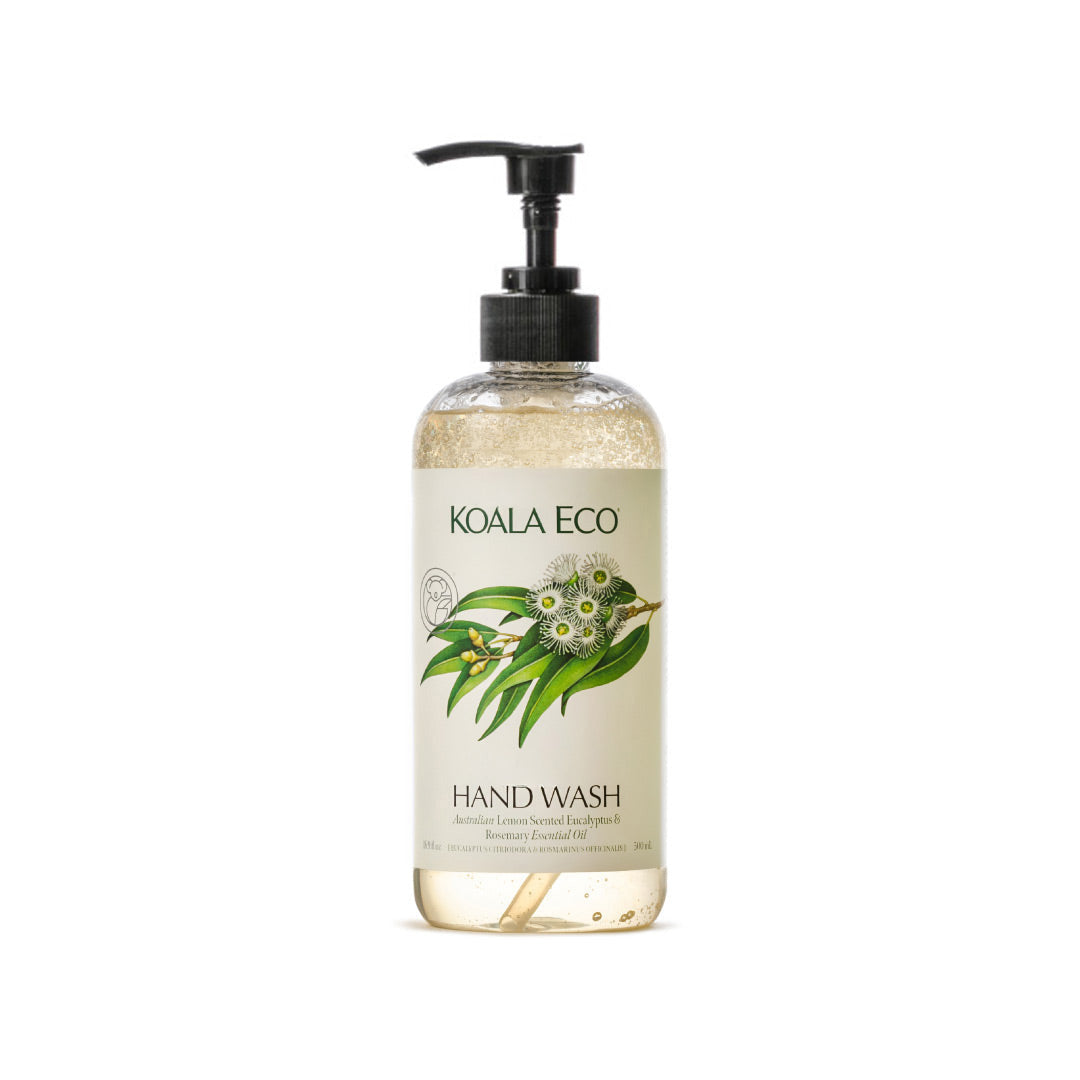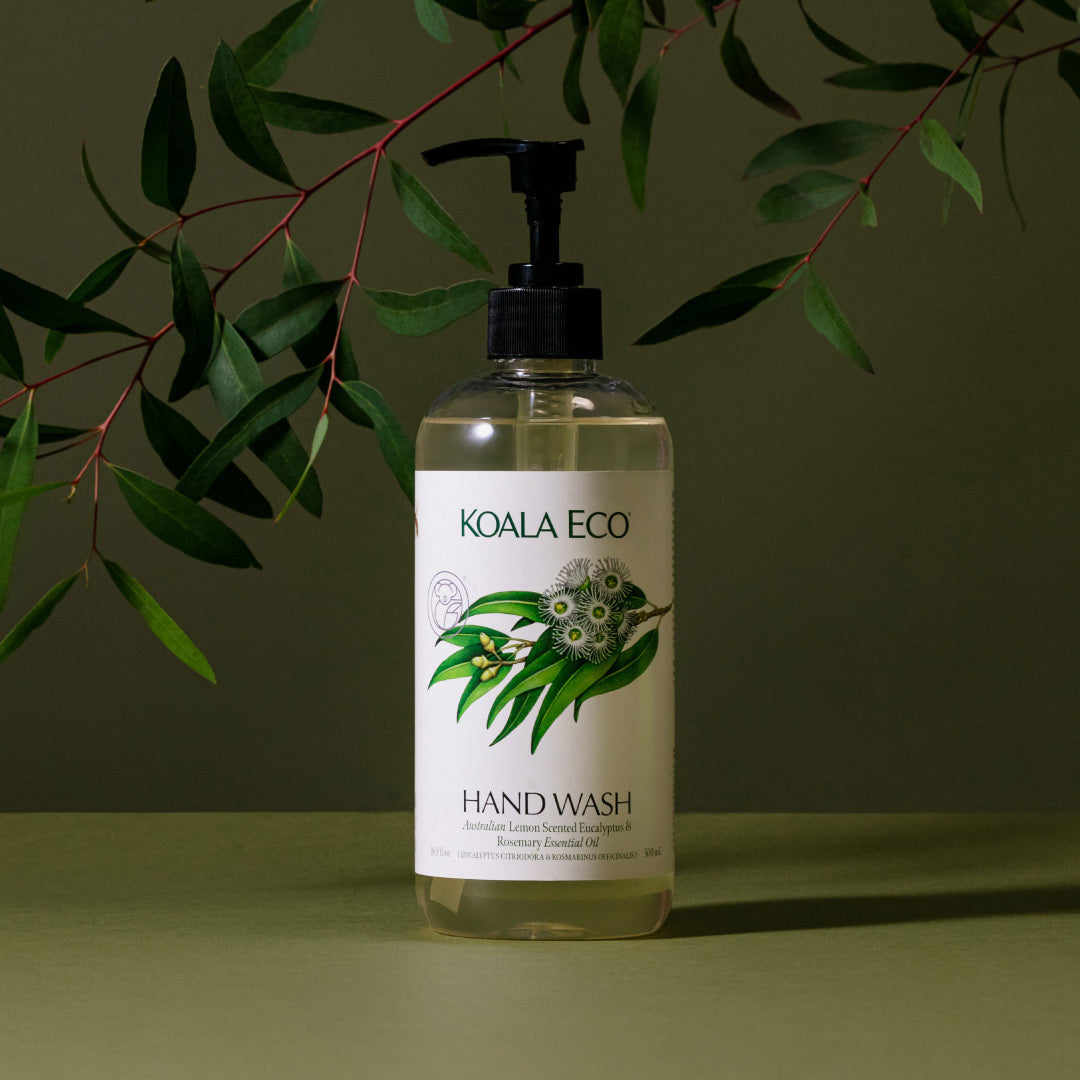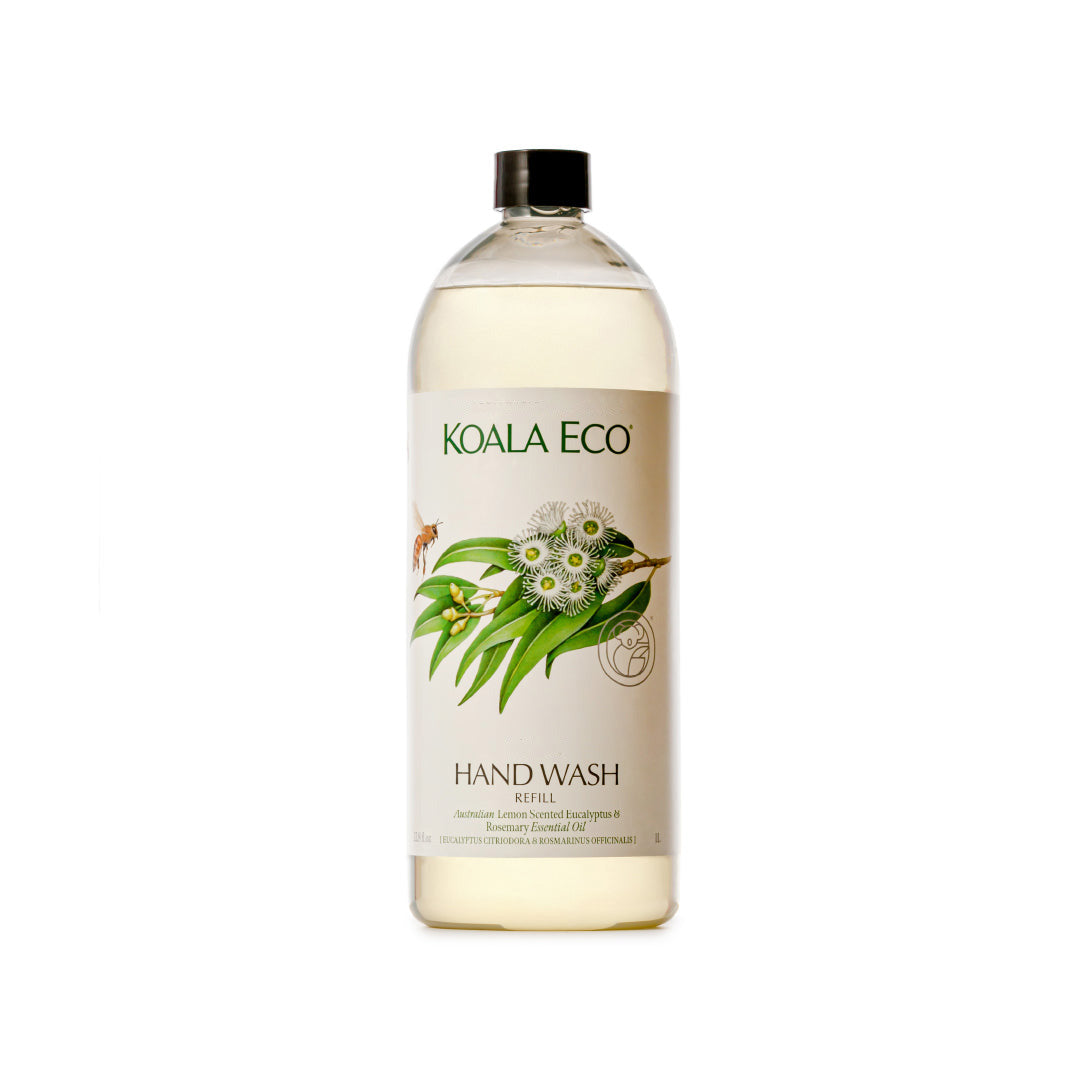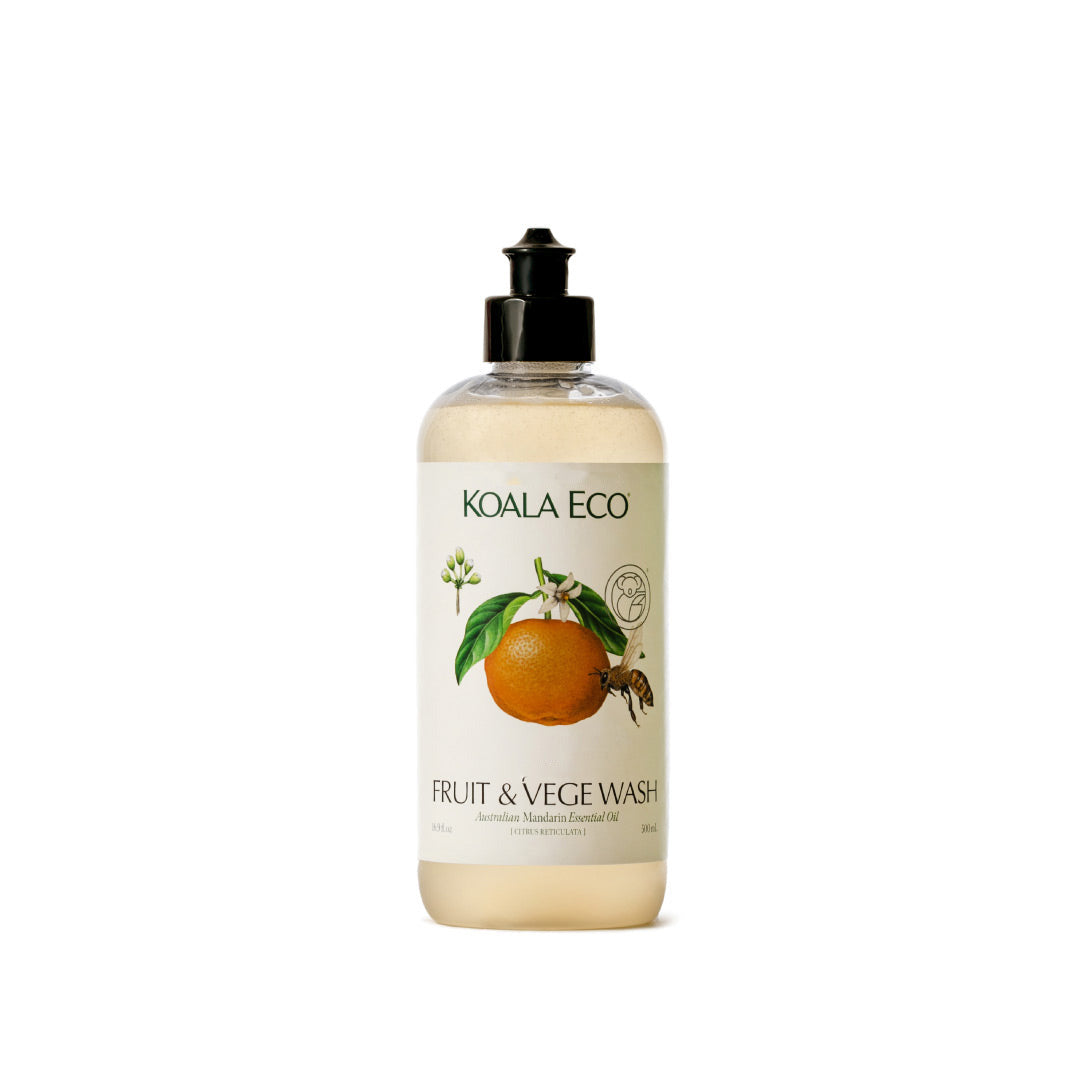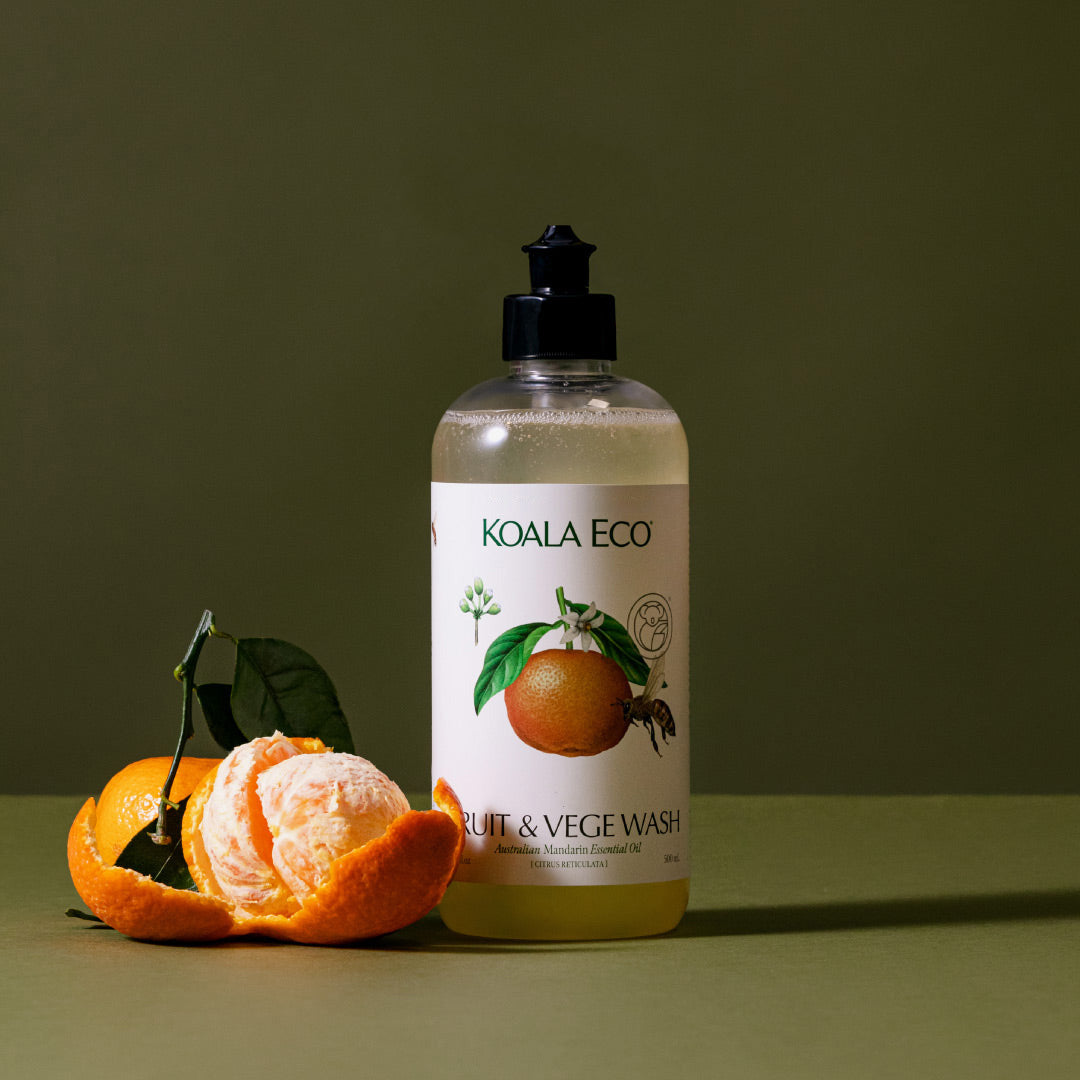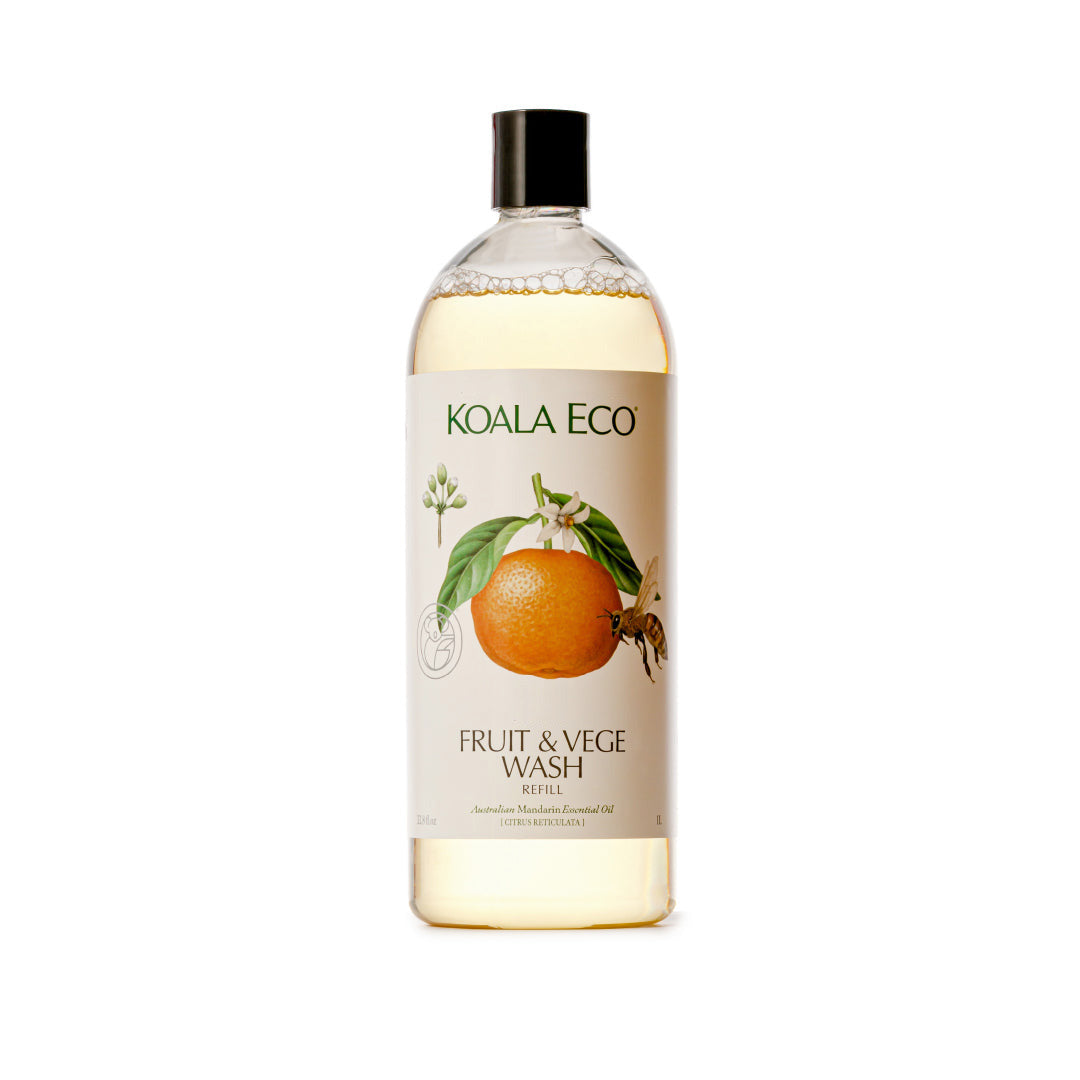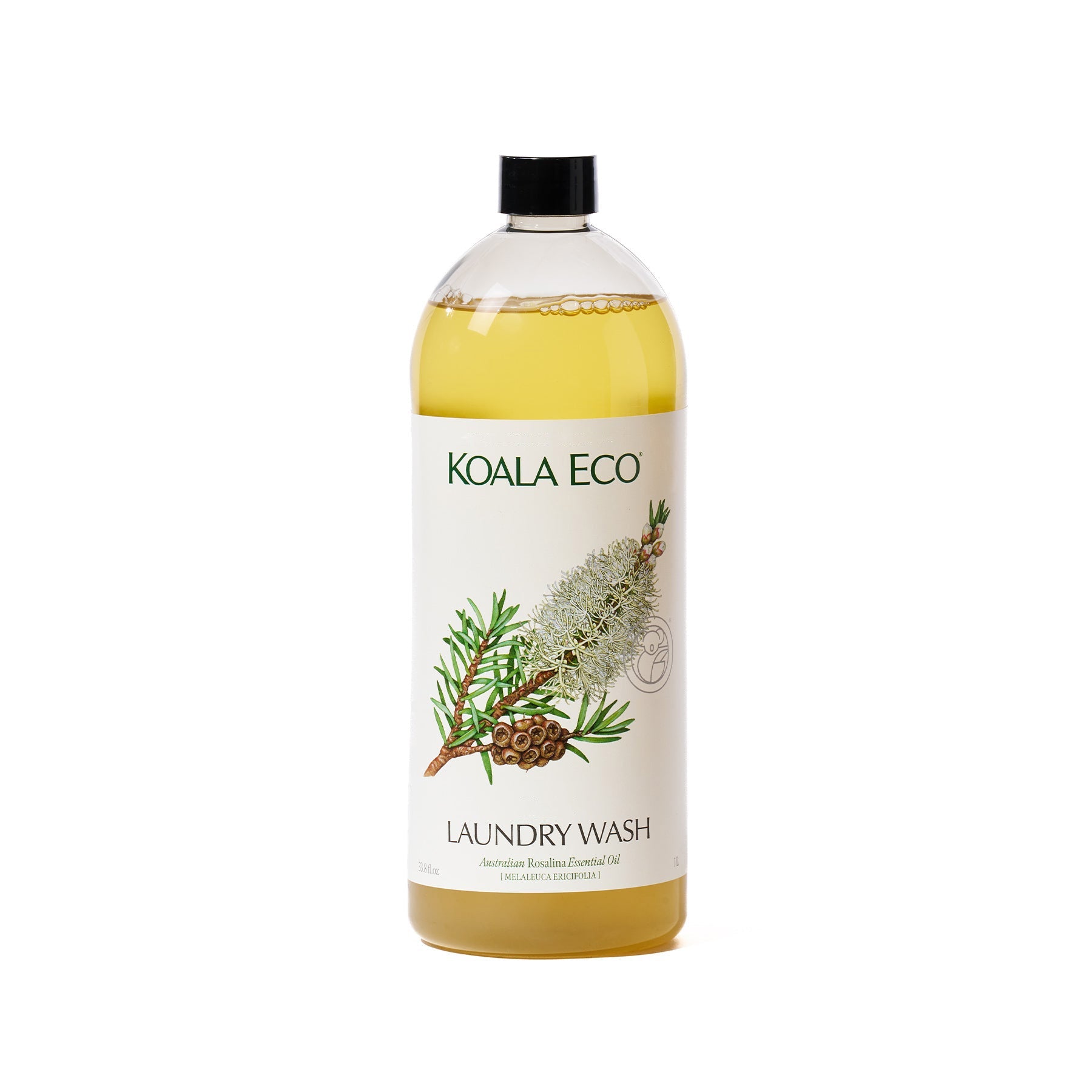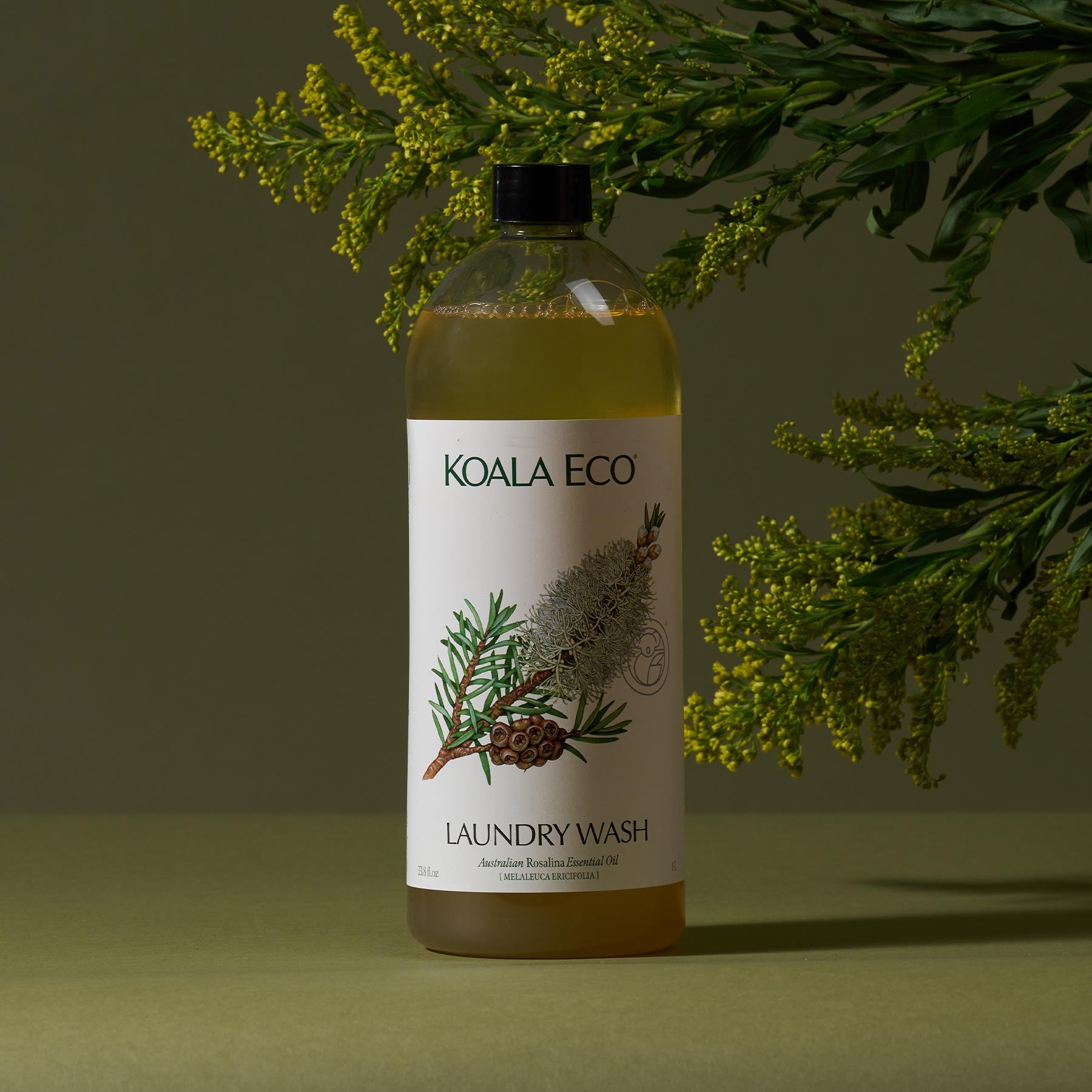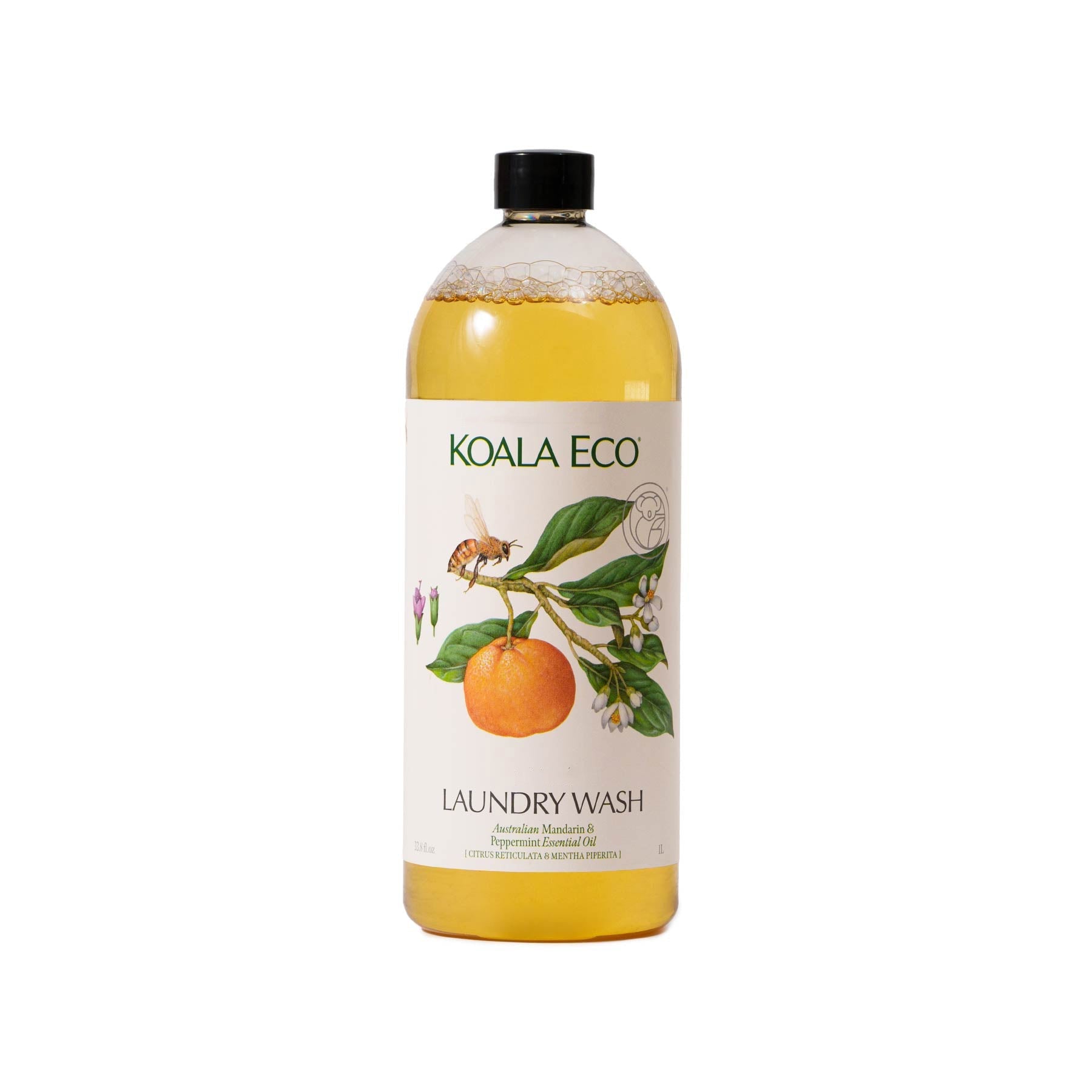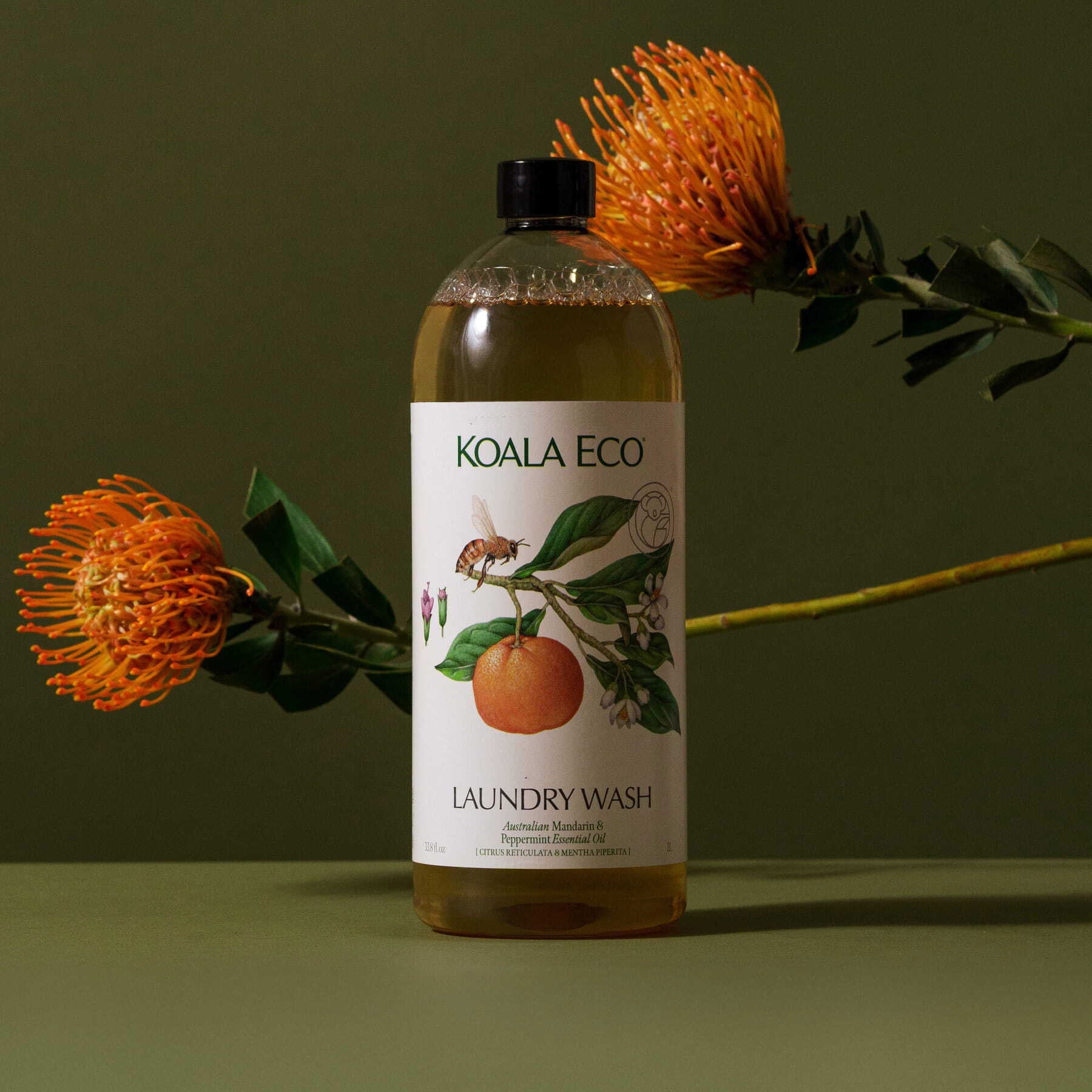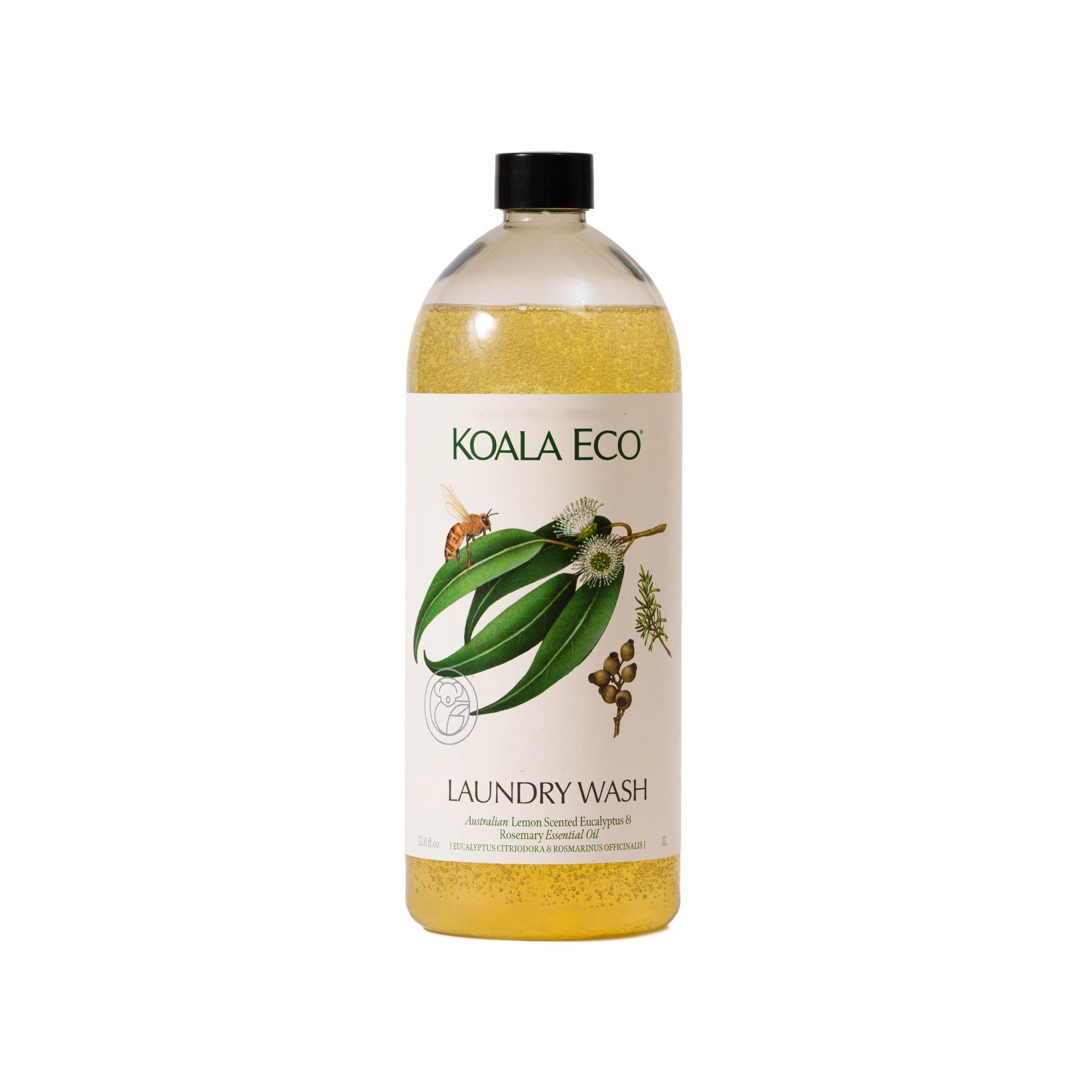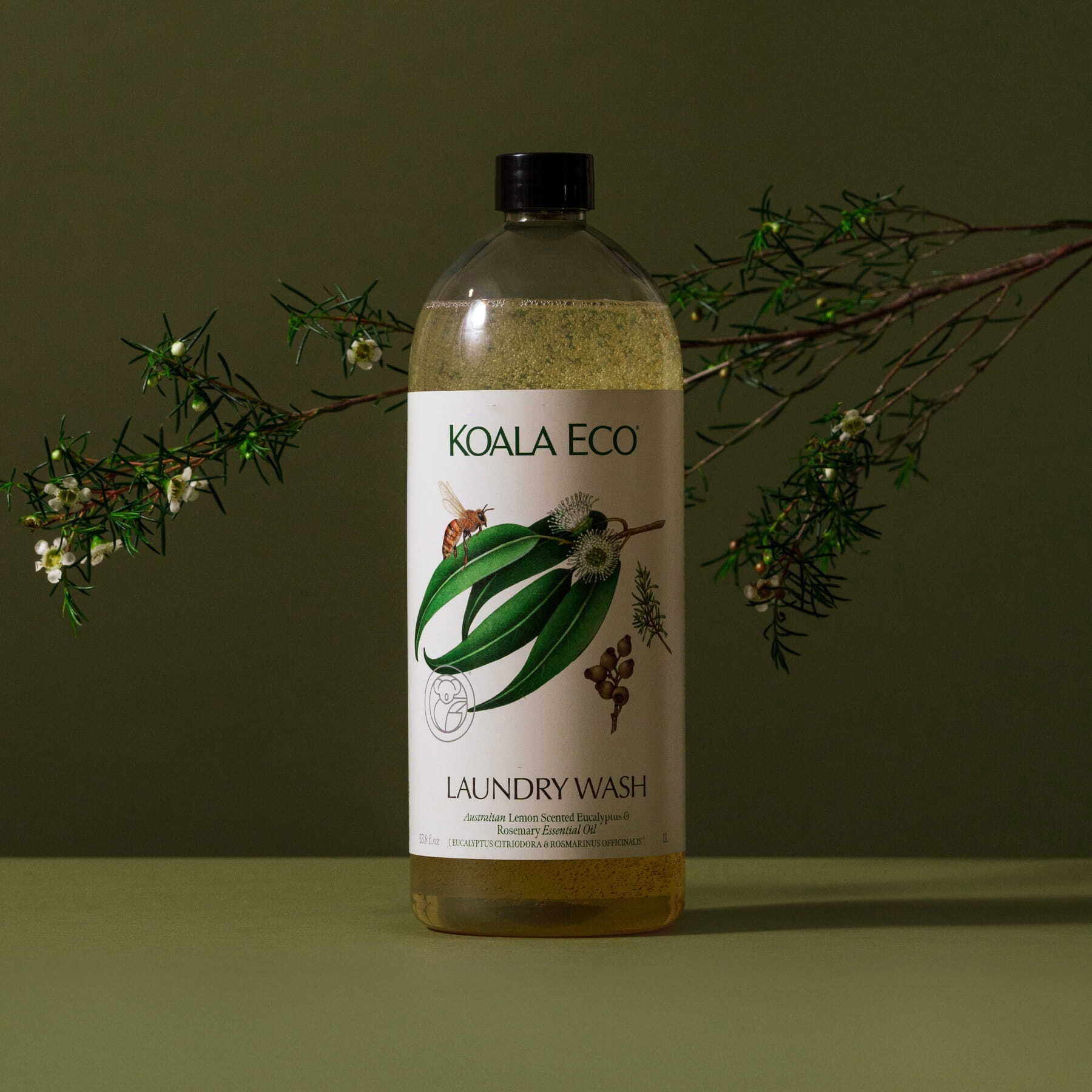The inextricable link between nature and mental health
We’ve all experienced the sense of calm that accompanies floating in a peaceful lake, the awe that comes with seeing your first waterfall, and the mental acuity that follows a walk in the park sans technology. However, as society moves further into the digital world, it comes at the cost of our individual time spent in nature. With the benefits of immersion in nature being backed by an increasing body of research, it’s essential — for both our mental and physical wellbeing — to consciously carve out time to spend in green and blue spaces.
What is nature therapy?
The concept of nature therapy, also referred to as ecotherapy, focuses on the concept of using nature as a healing force. Ecotherapy encompasses a broad group of nature-based practices and techniques; and posits that fostering a connection to the earth is essential for our psychological wellbeing. Popular forms of nature therapy include forest bathing, outdoor adventures (such as rock climbing, abseiling, and white water rafting), farming, park prescriptions, animal-assisted therapy, and wilderness therapy.
Ecotherapy can also extend beyond simply spending time in nature, with taking actions to protect and conserve nature also having a positive effect on our overall mental health. The act of restoring and conserving the natural environment can aid in enhancing our sense of purpose and contribute to overall feelings of hopefulness. Plus, as these activities are often conducted in groups, they can also help to foster a sense of connectedness with those around us.
What are green and blue spaces?
While nature therapy is often associated with images of hiking and forest bathing — i.e. green spaces — it also extends to time spent in or near aquatic environments such as oceans, rivers, and lakes. These are known as blue spaces, with spending time associated with physiological restoration. With that in mind, the definition of ecotherapy has been expanded to include blue spaces.
The benefits of spending time in nature
Spending time in nature is associated with improved psychological wellbeing, with ecotherapy increasing overall happiness; decreasing feelings of depression, stress, and anxiety; and improving cognitive health, particularly in relation to attention and working memory. A study published in 2018 also found that children who grew up in rural areas and were exposed to high levels of nature experience less stress and have higher levels of self-worth, creativity, and concentration than children living in homes without direct contact with nature.
With that in mind, the best antidote to a screen-filled life lies in making time to connect with nature in all its forms. Whether it be taking your dog for a walk in the park, coming together to plant a community garden, or going camping on the weekend, taking a mindful approach to immersing yourself in nature can aid in improving your mental health and in turn, your overall quality of life.
